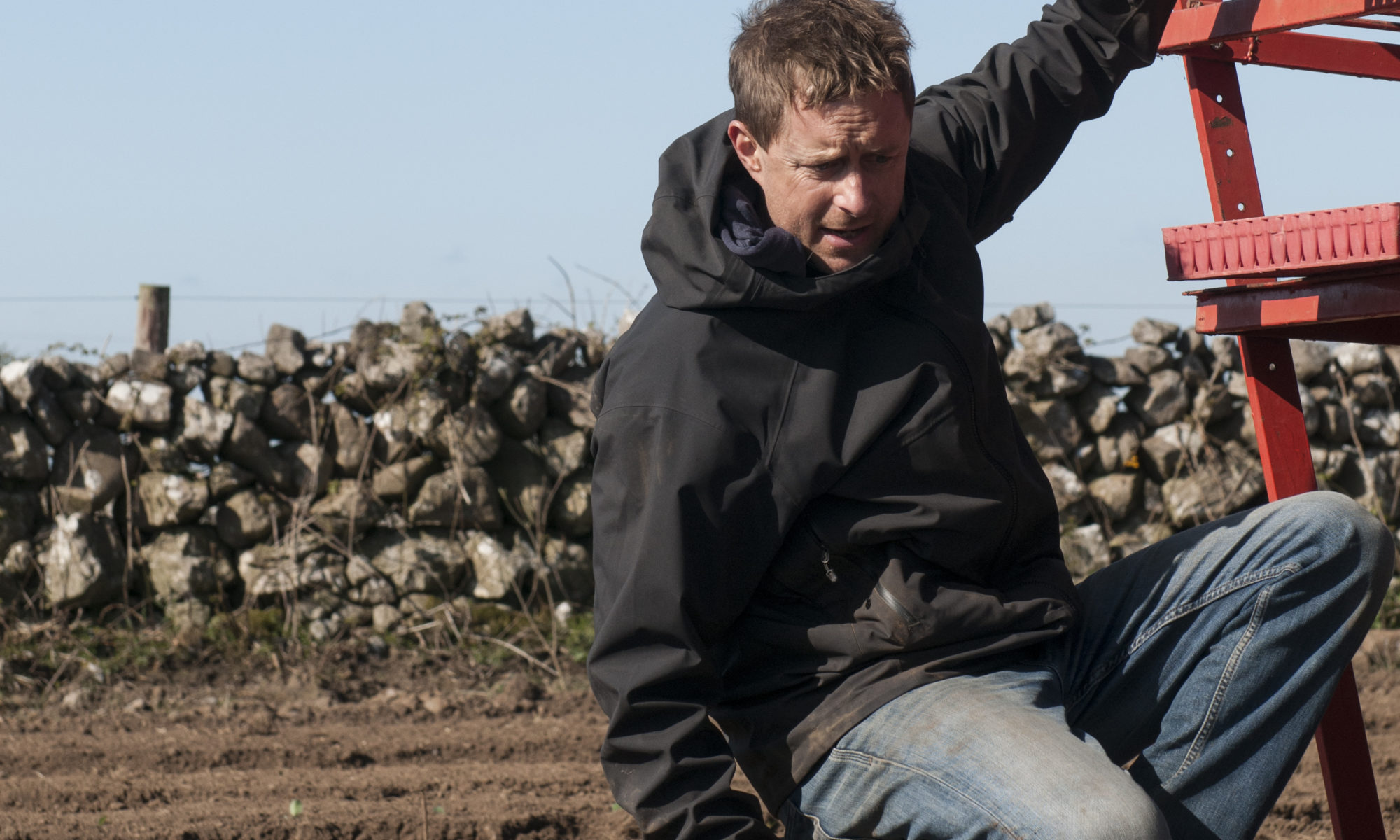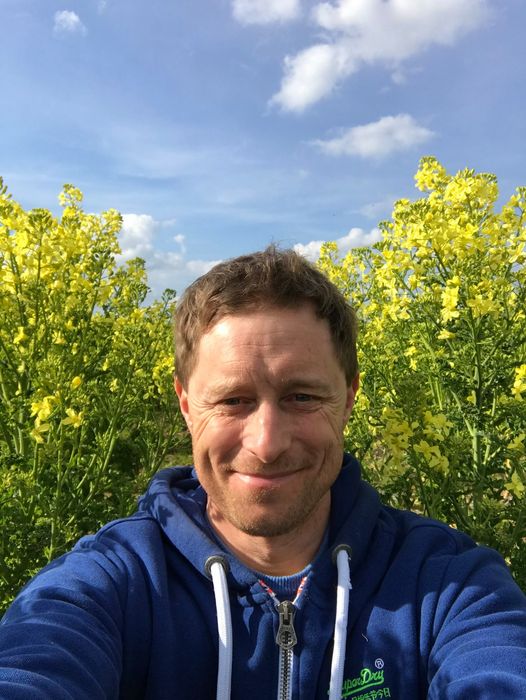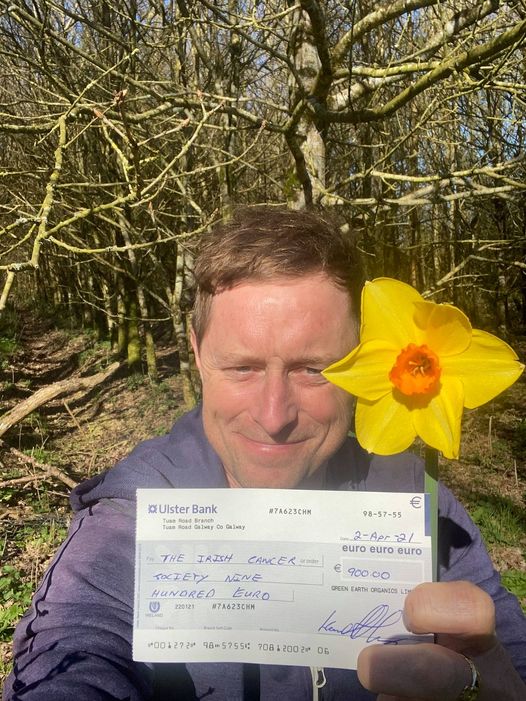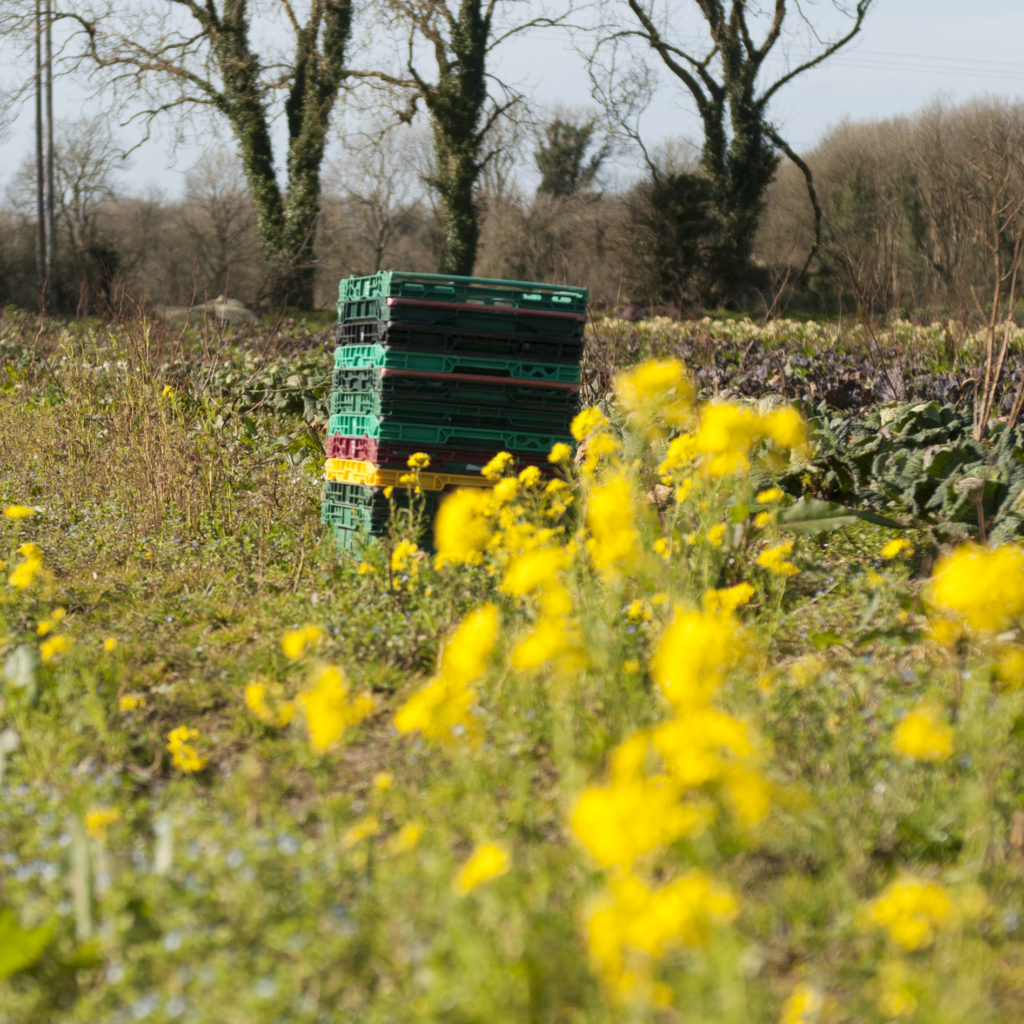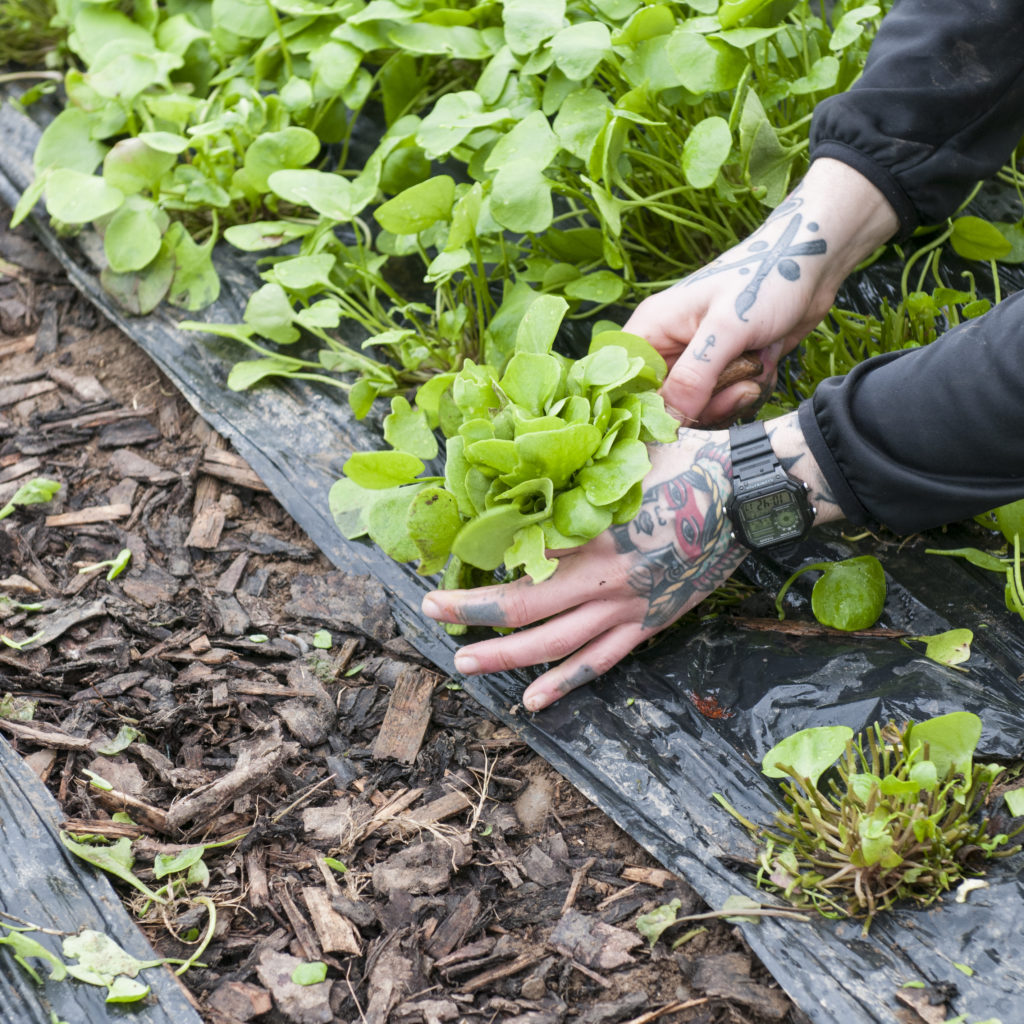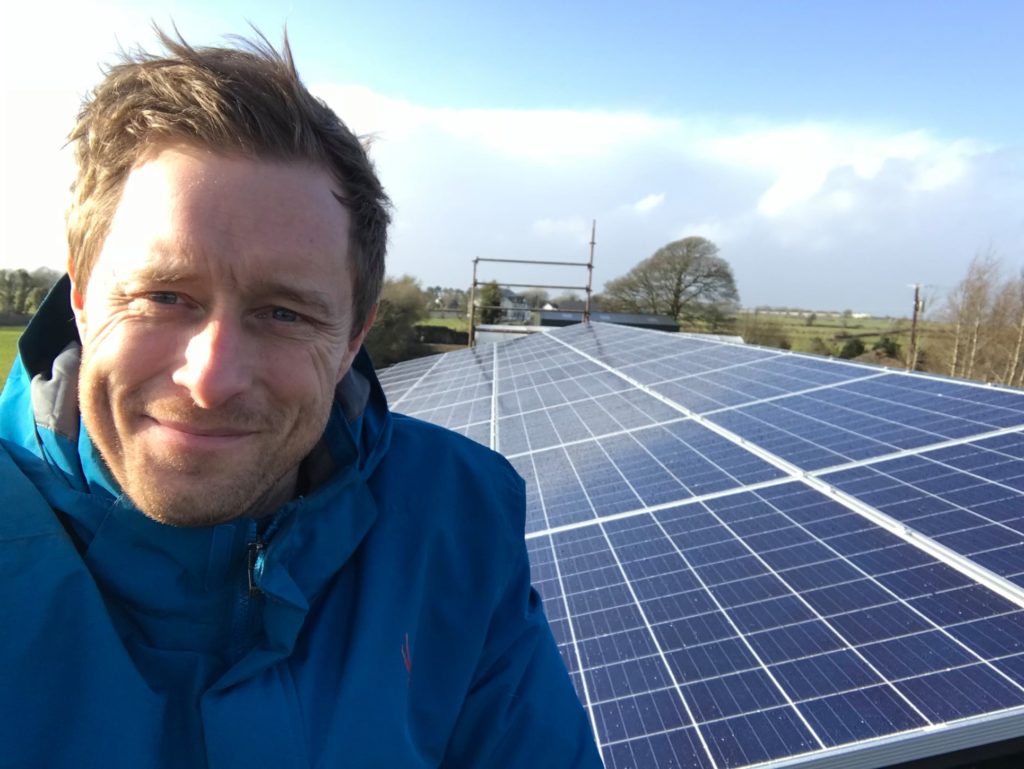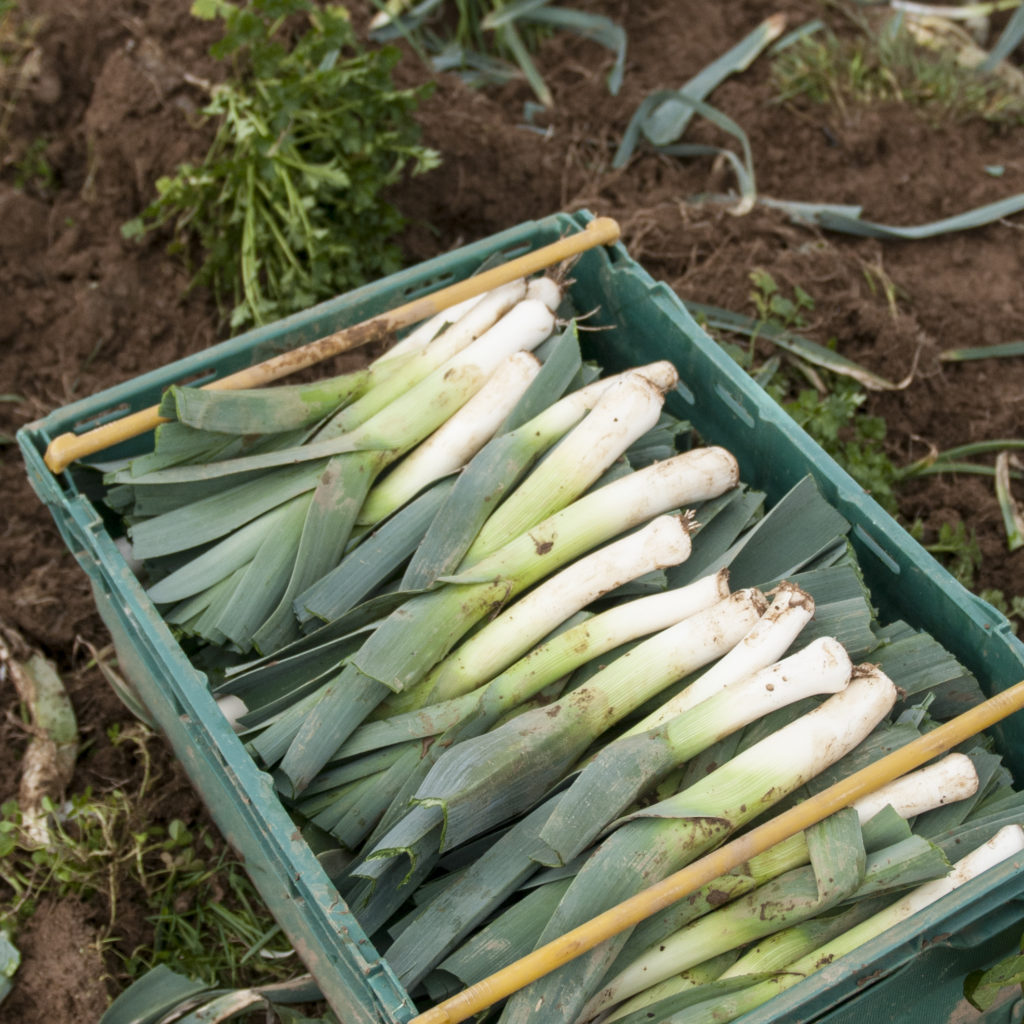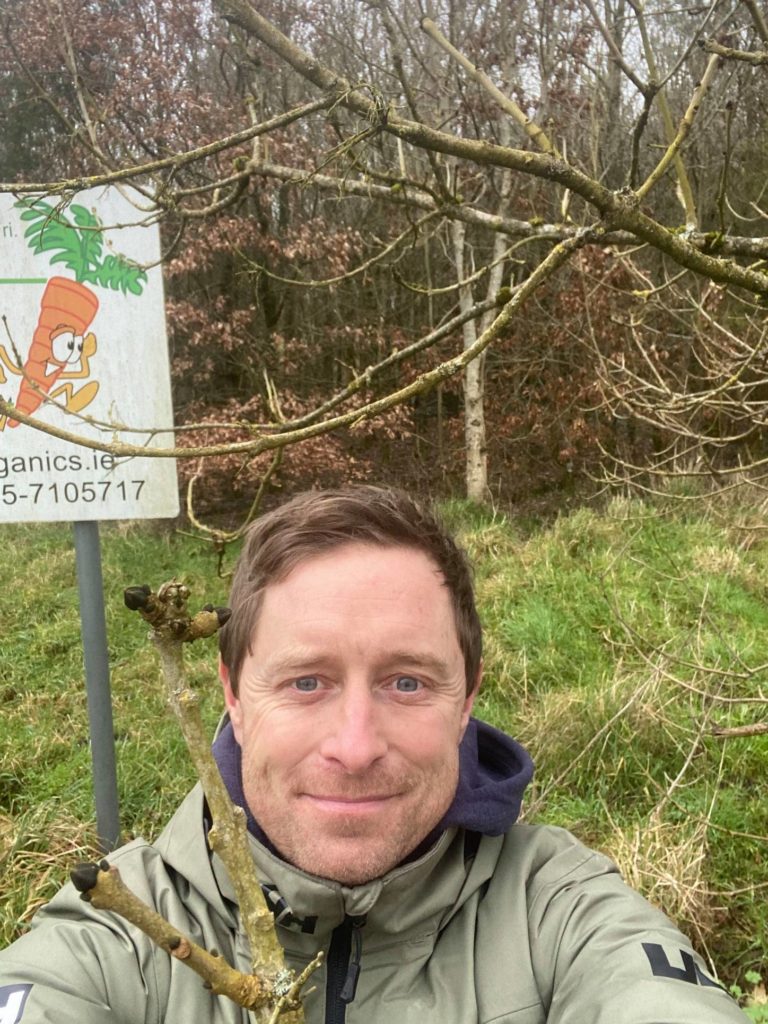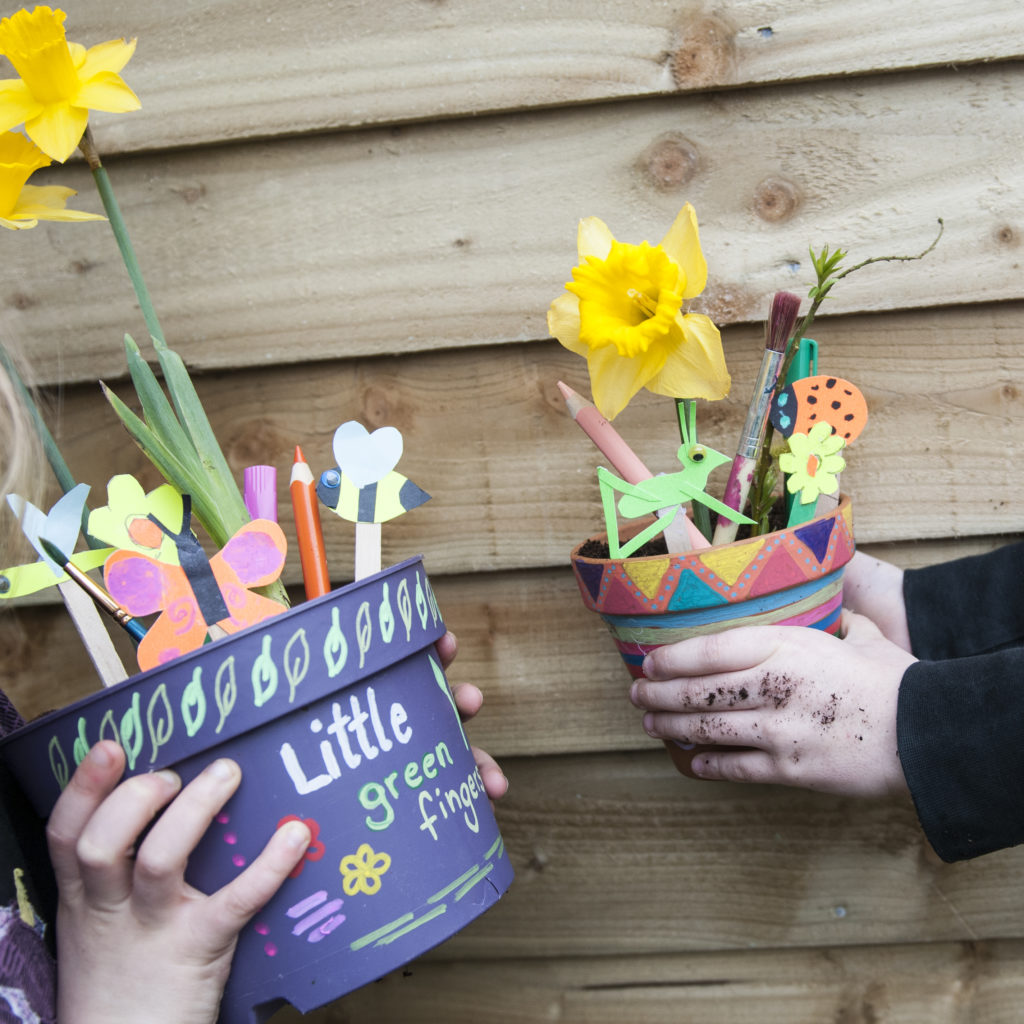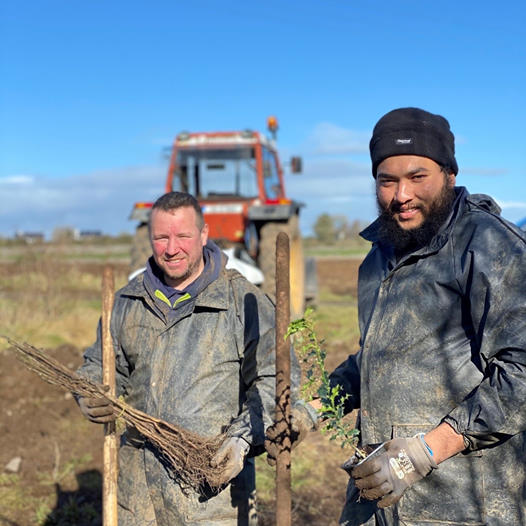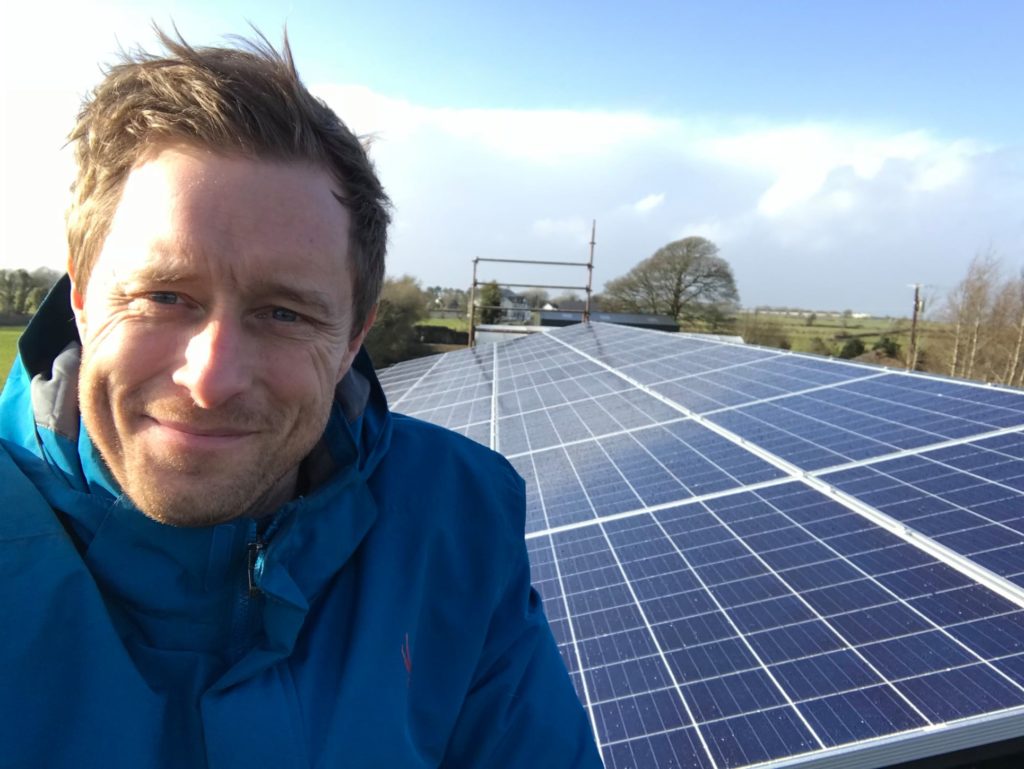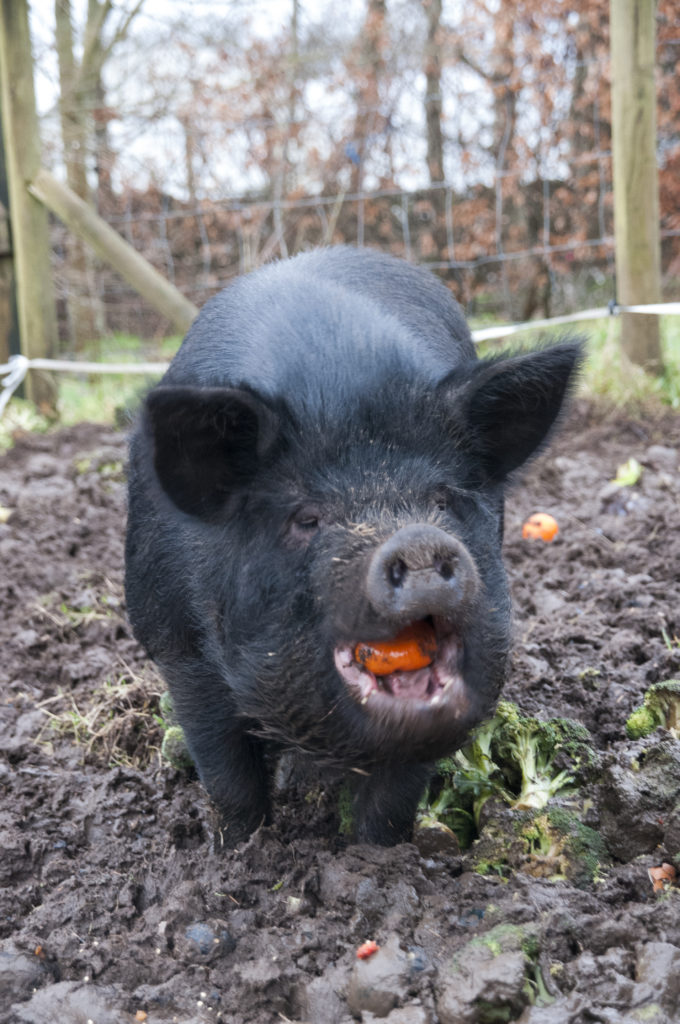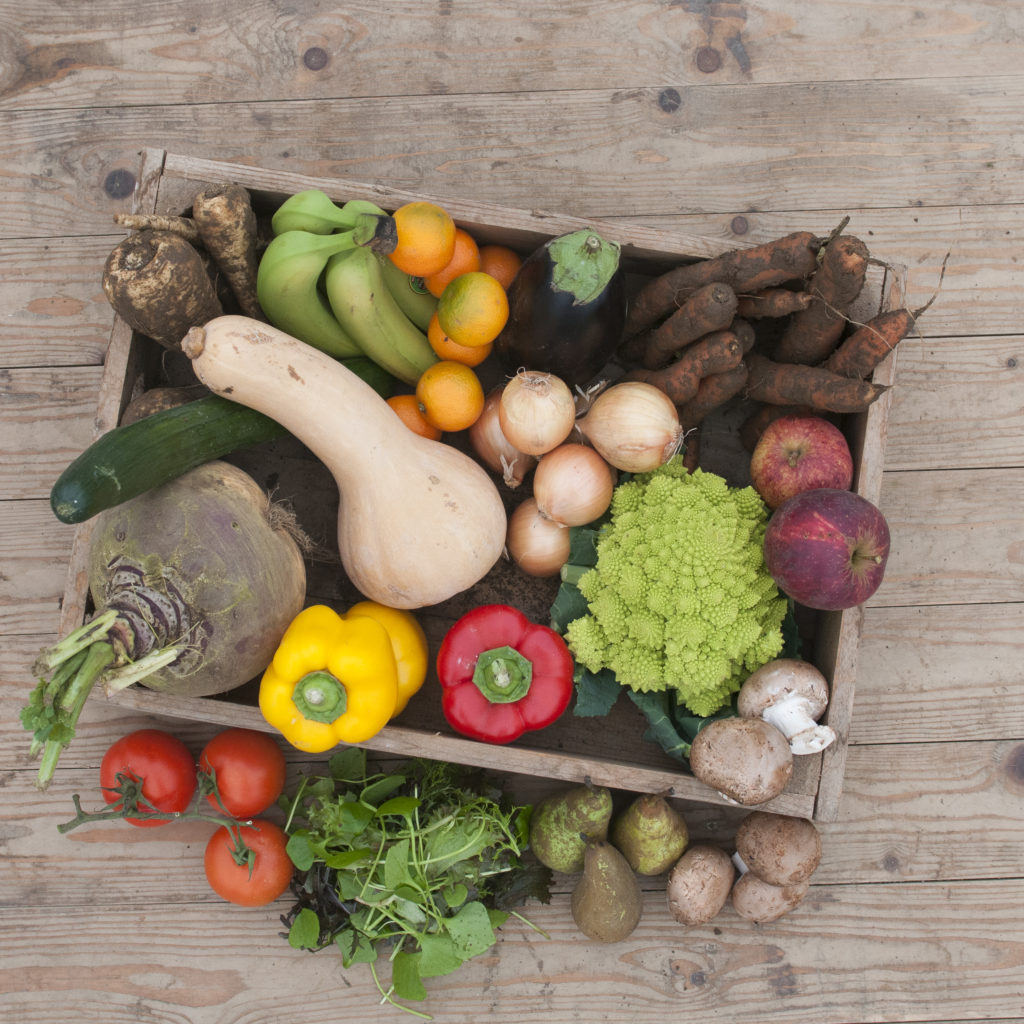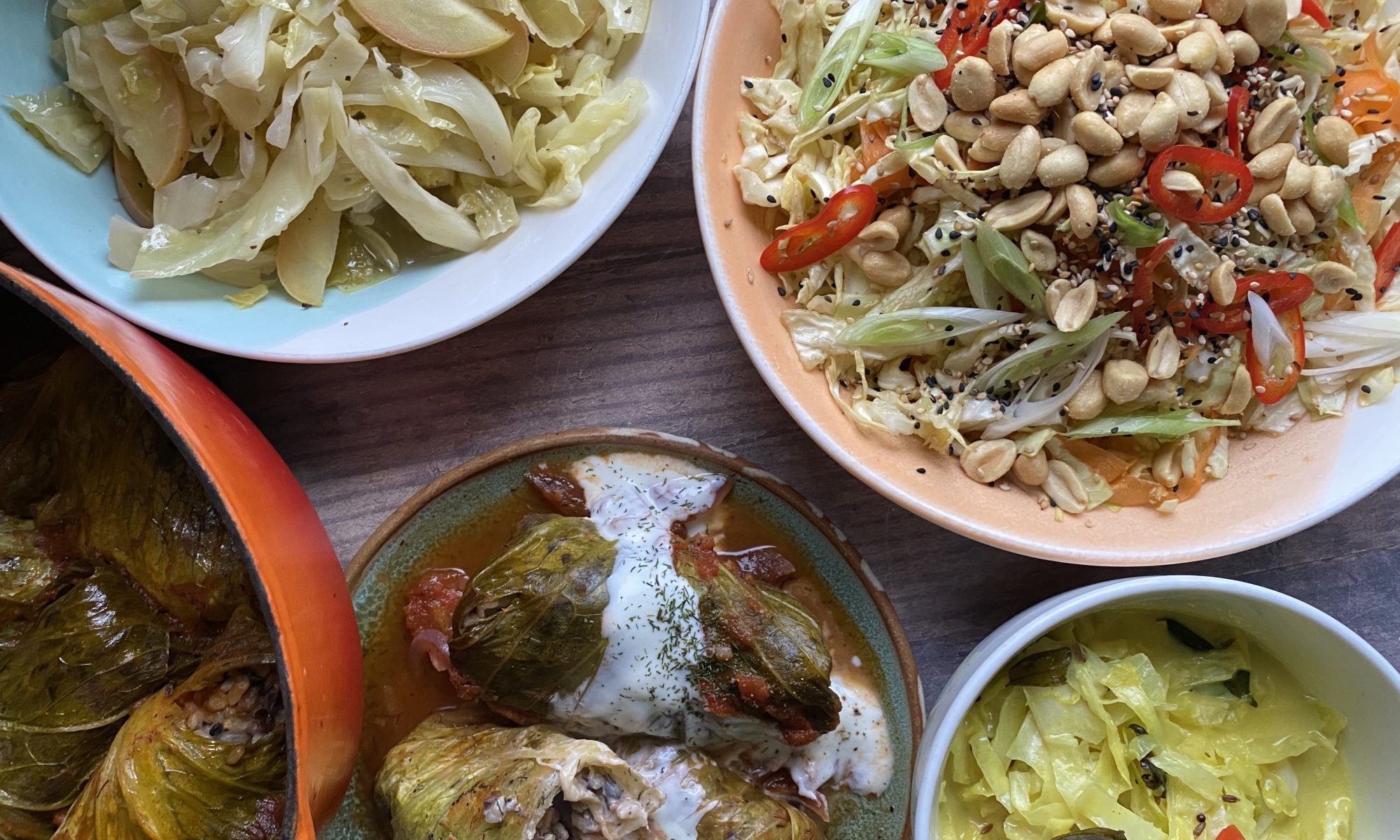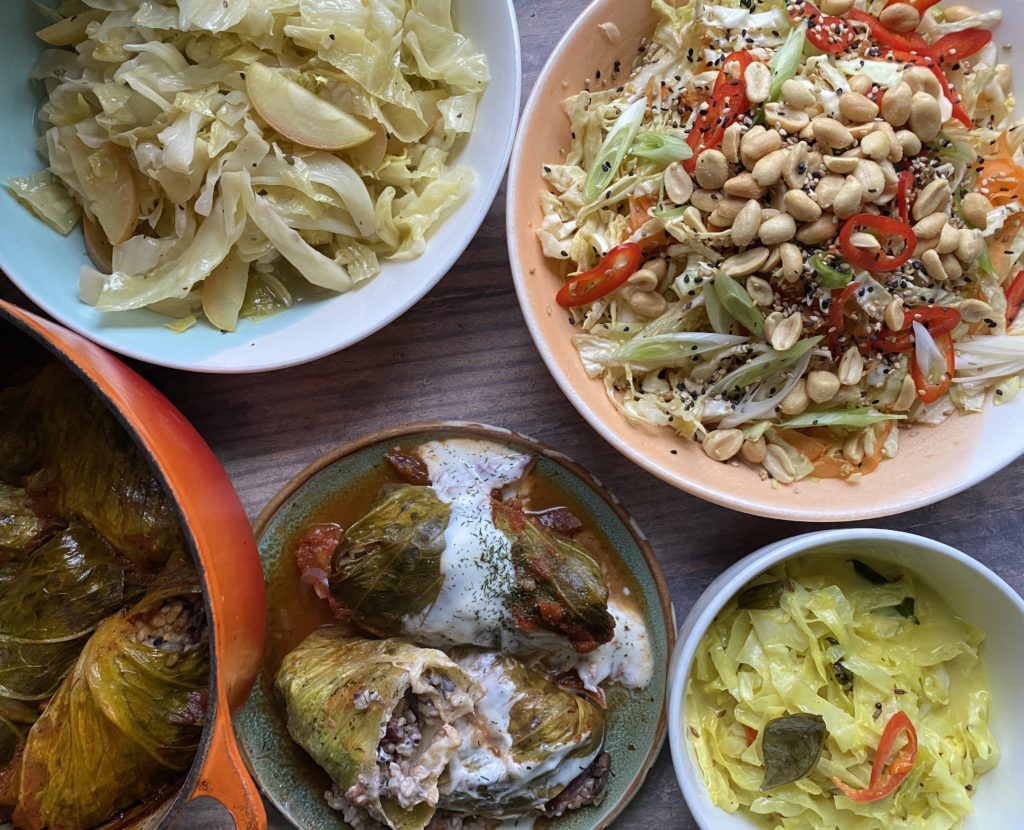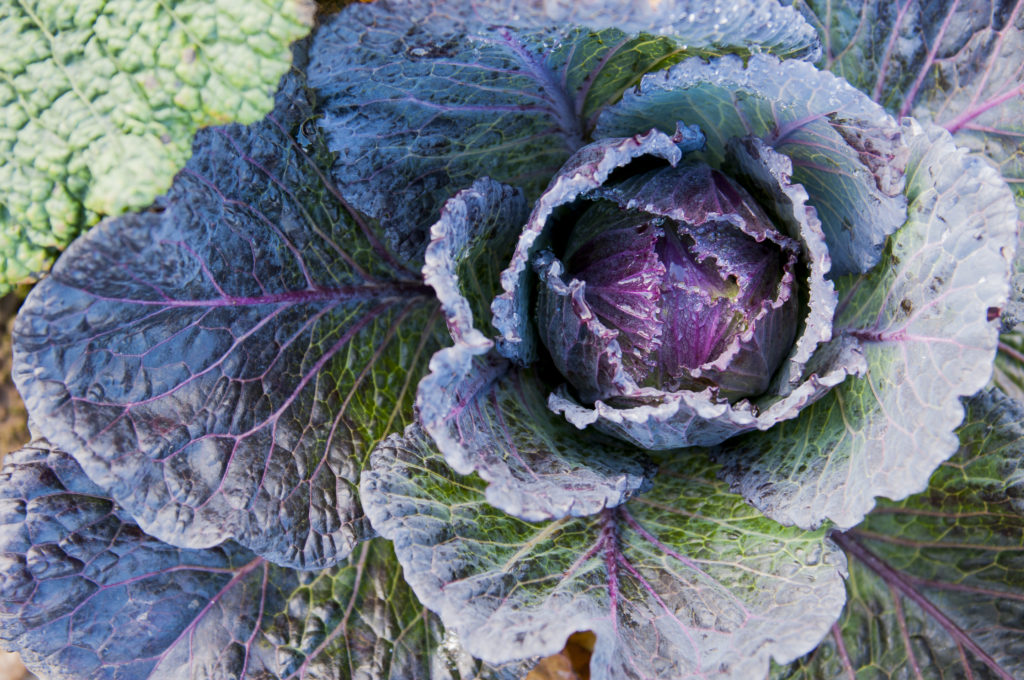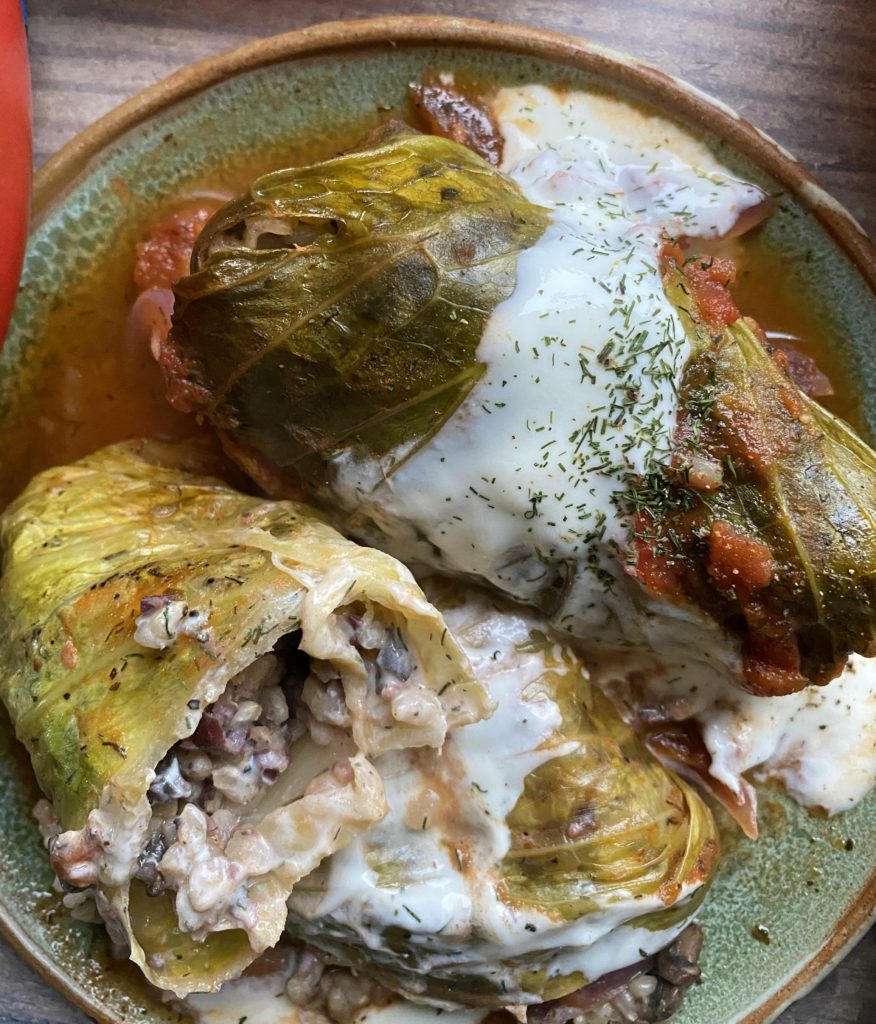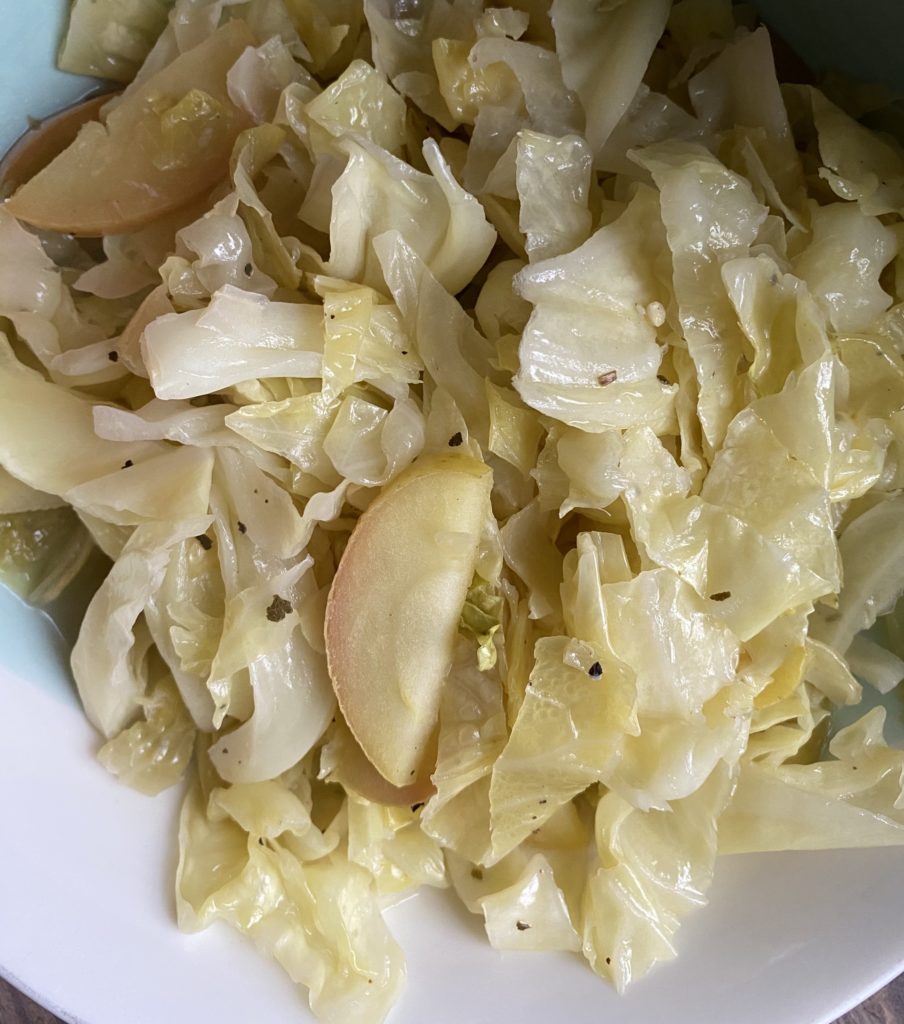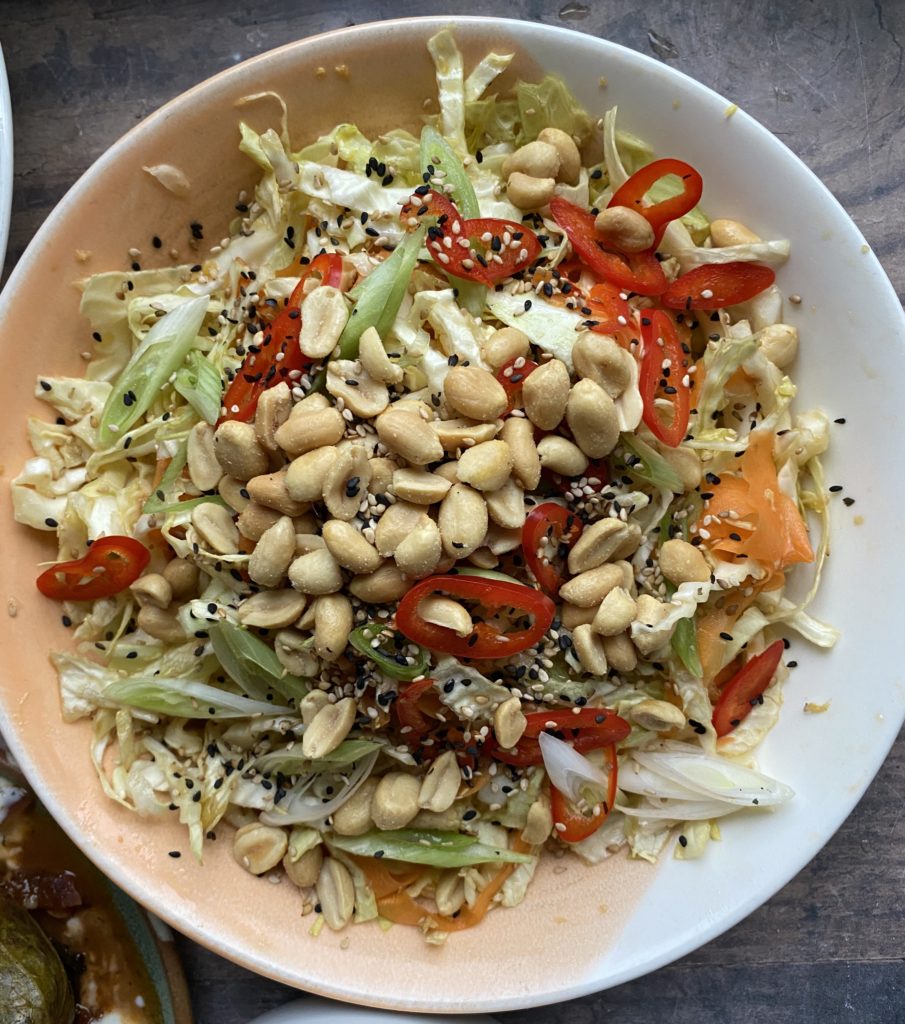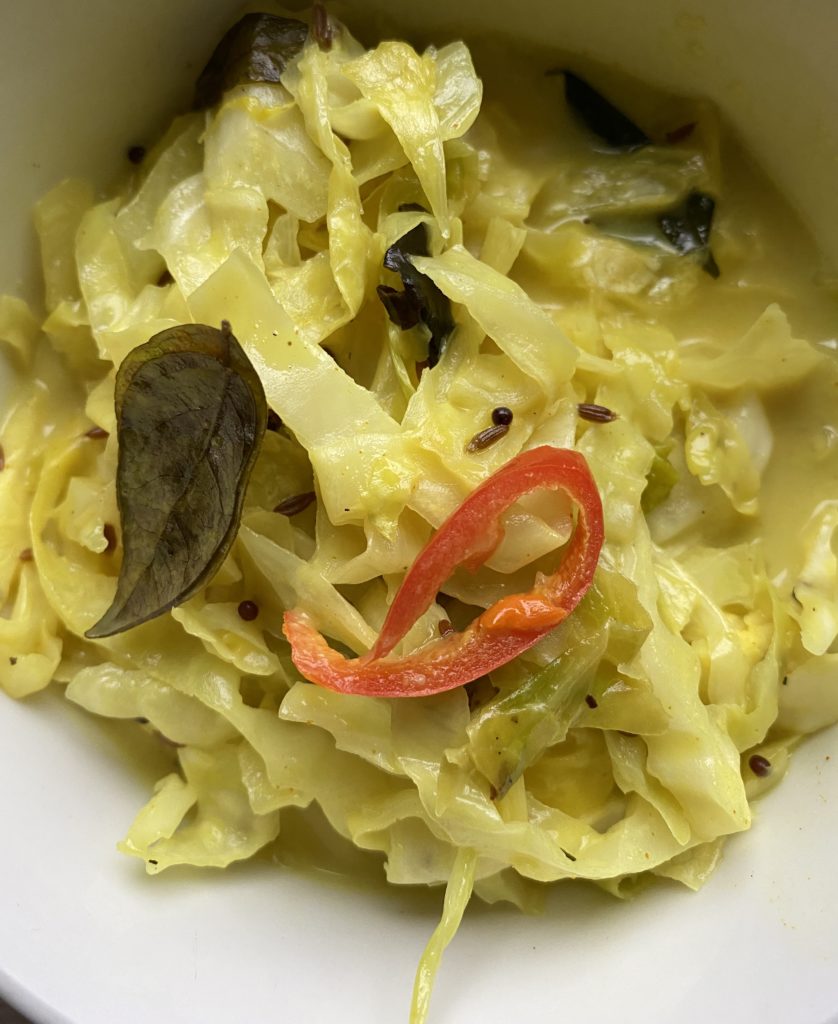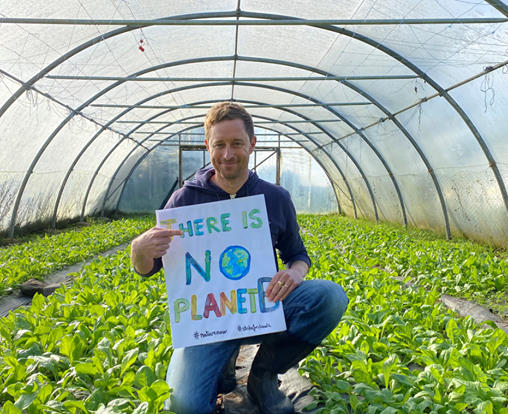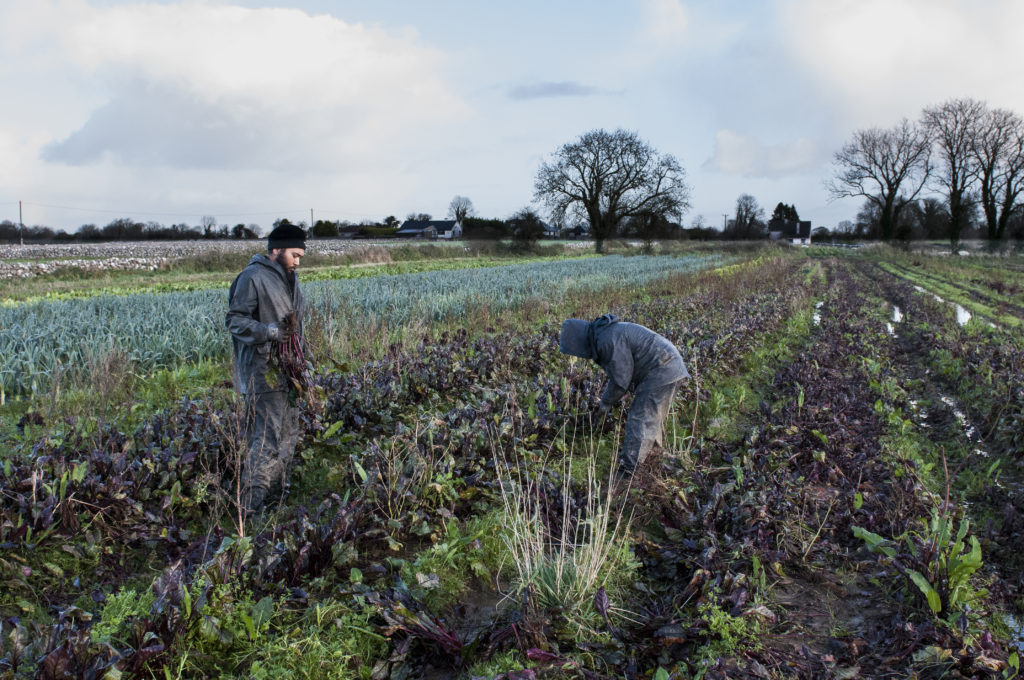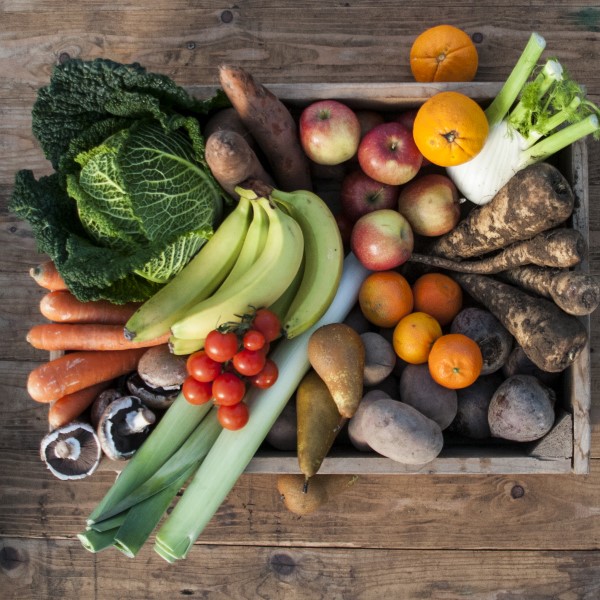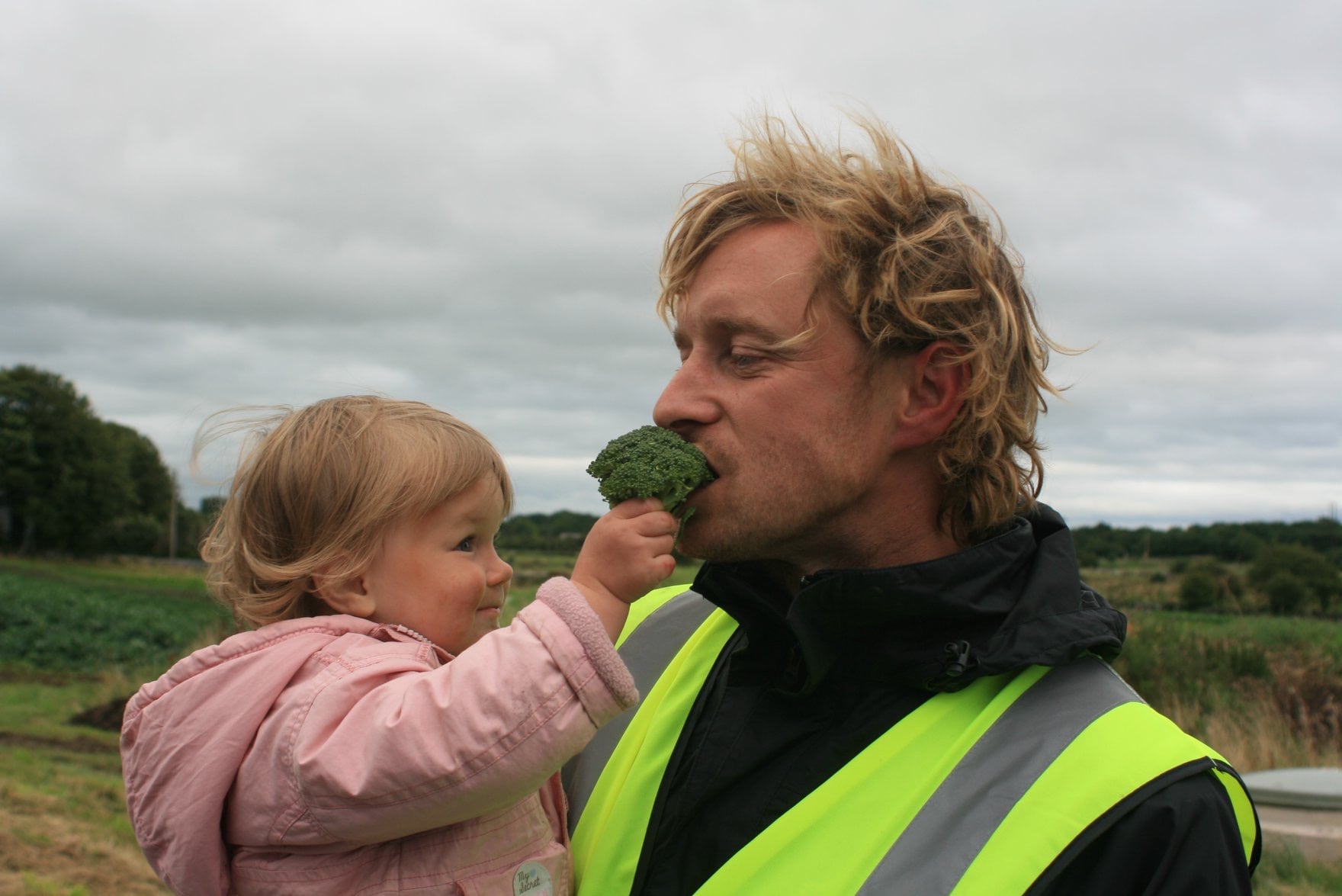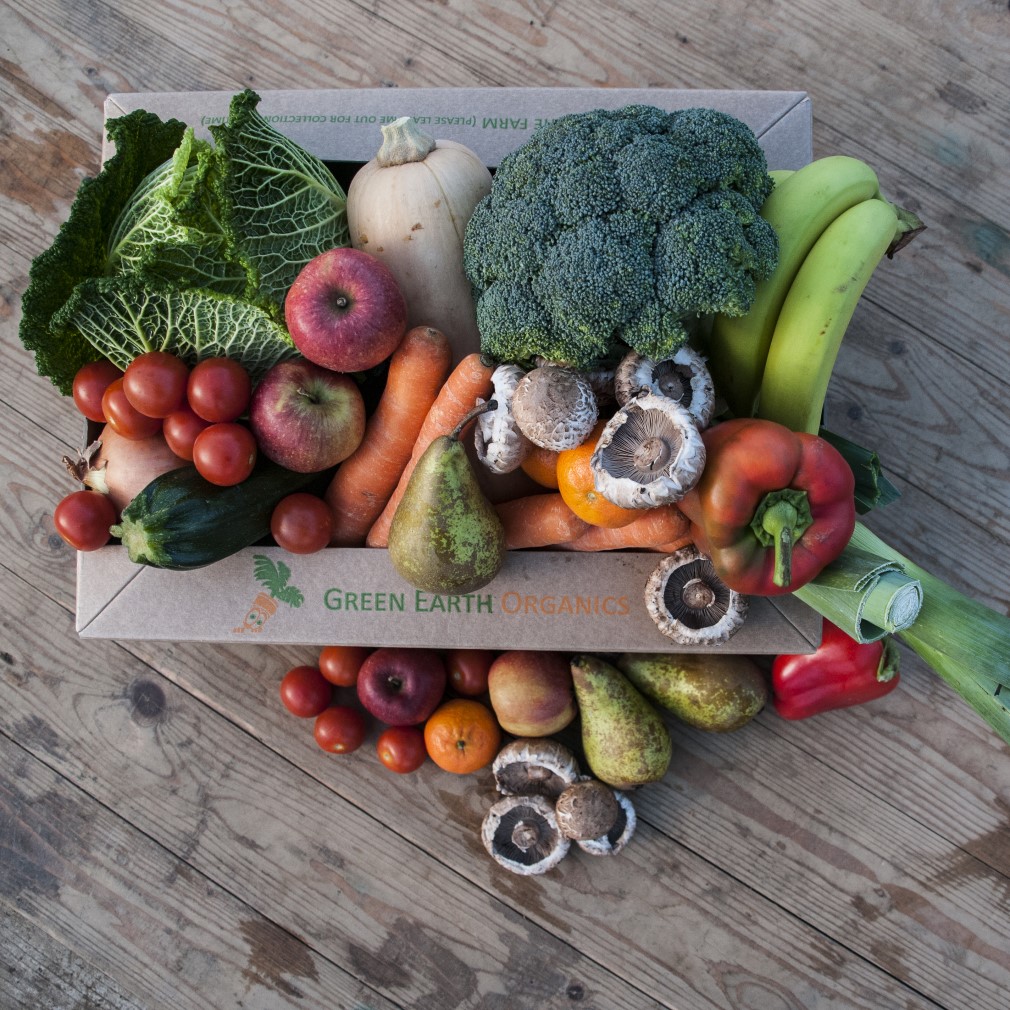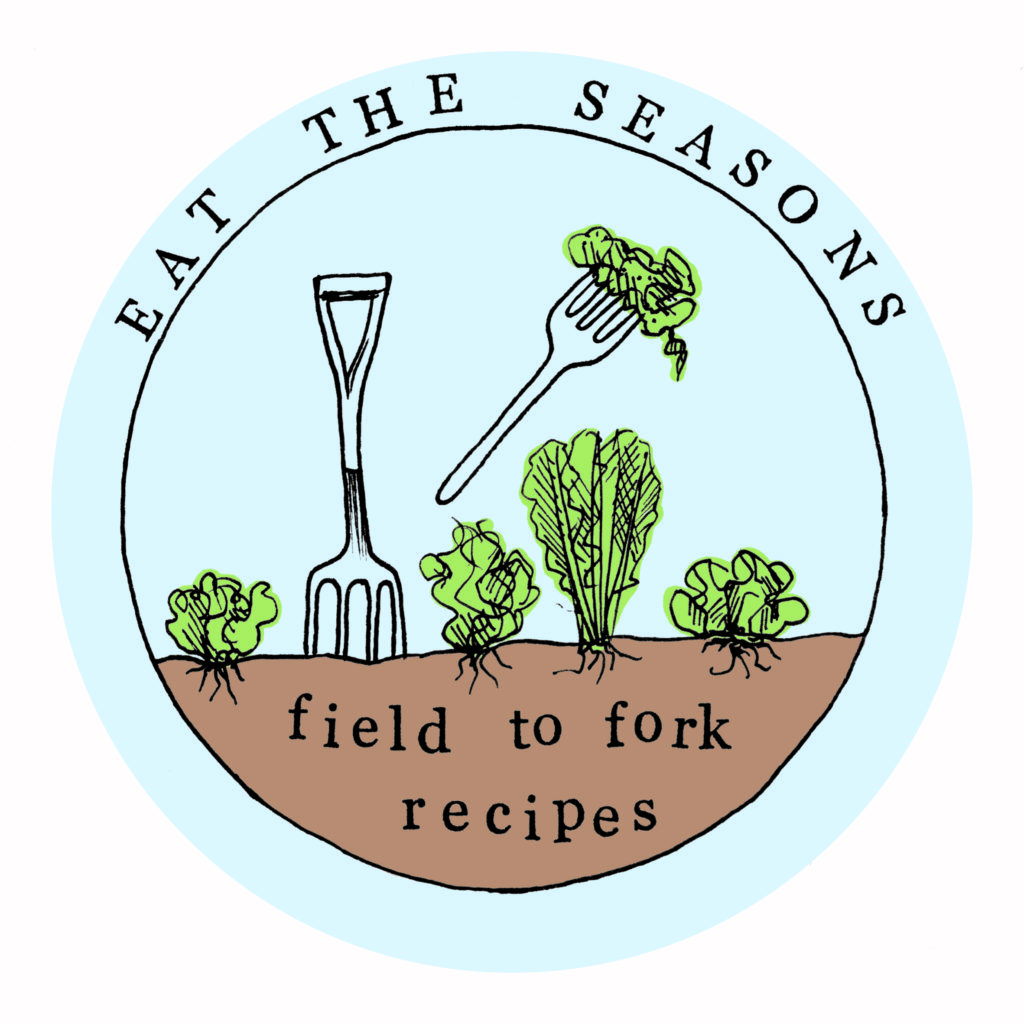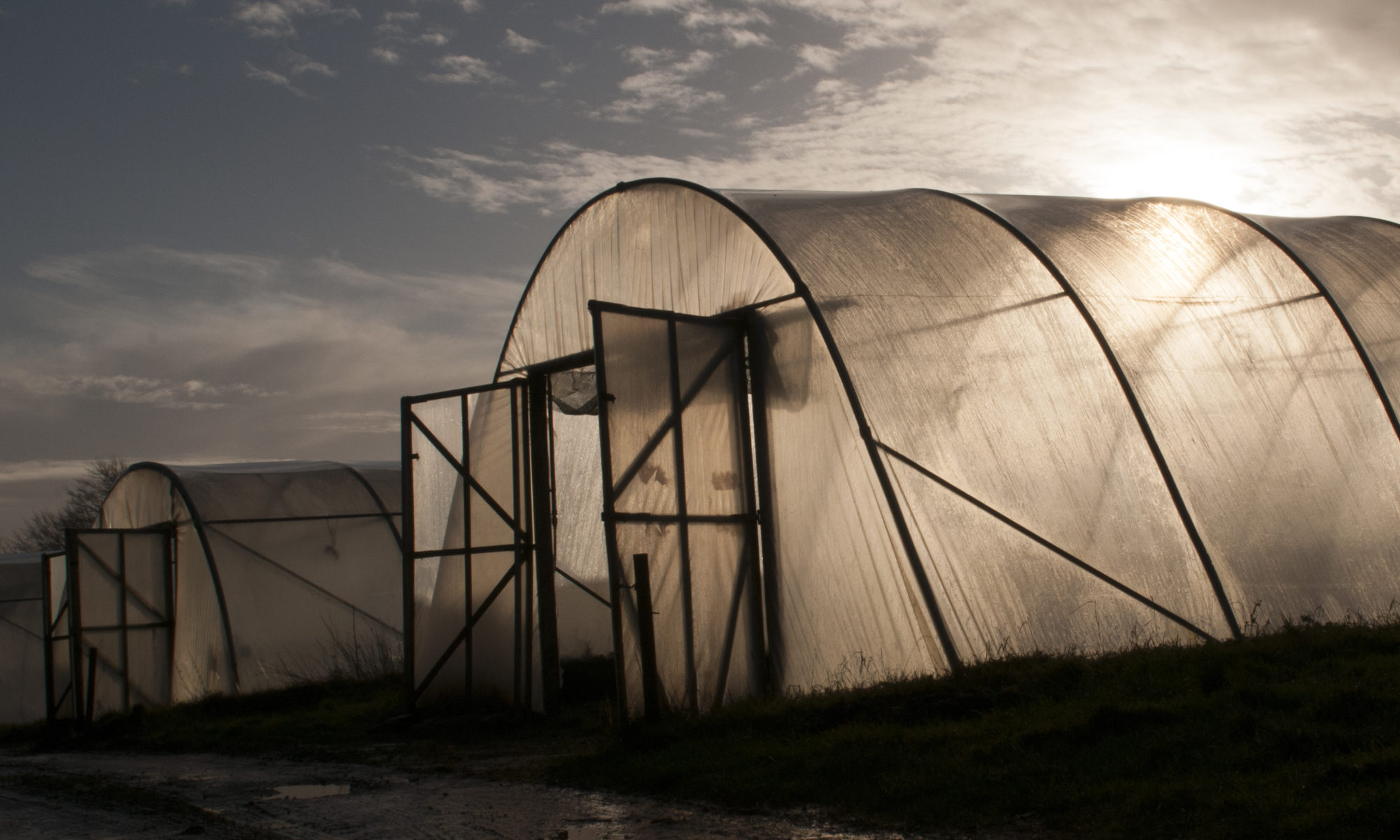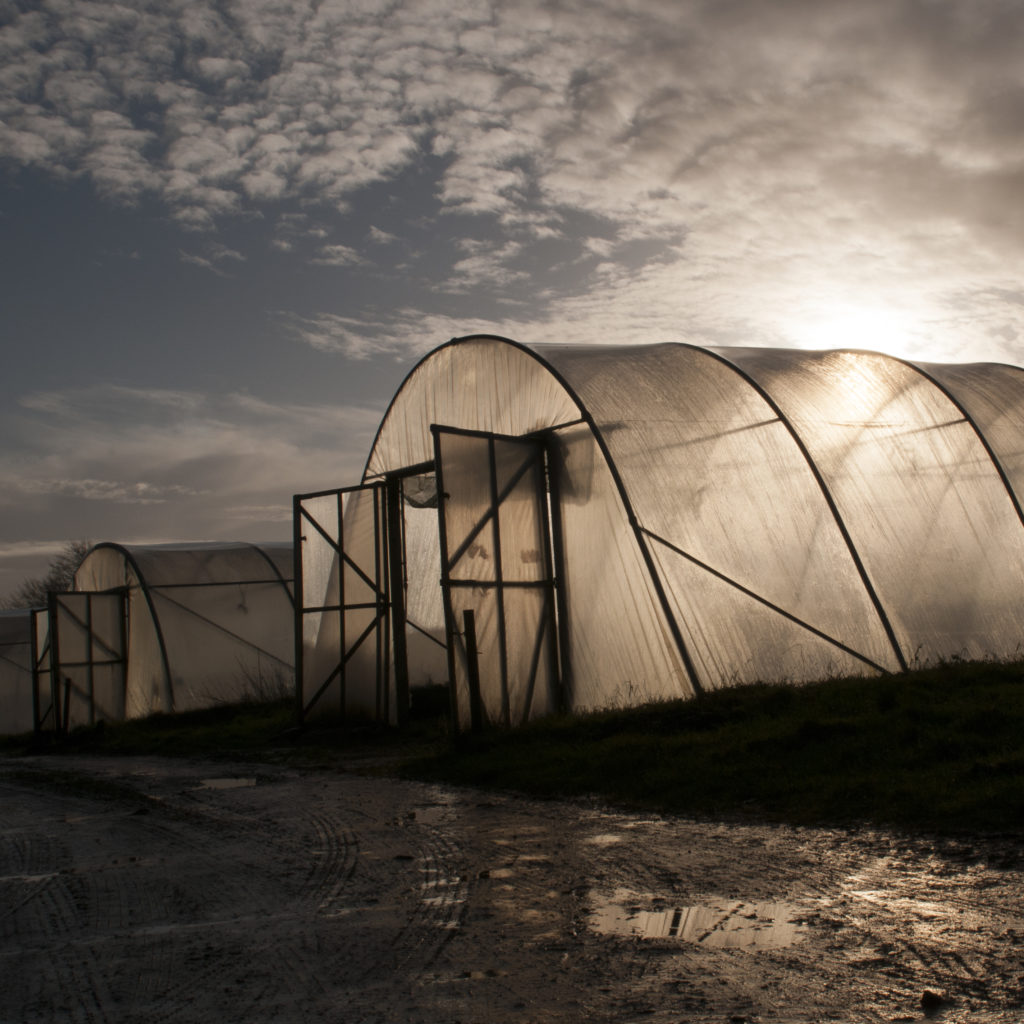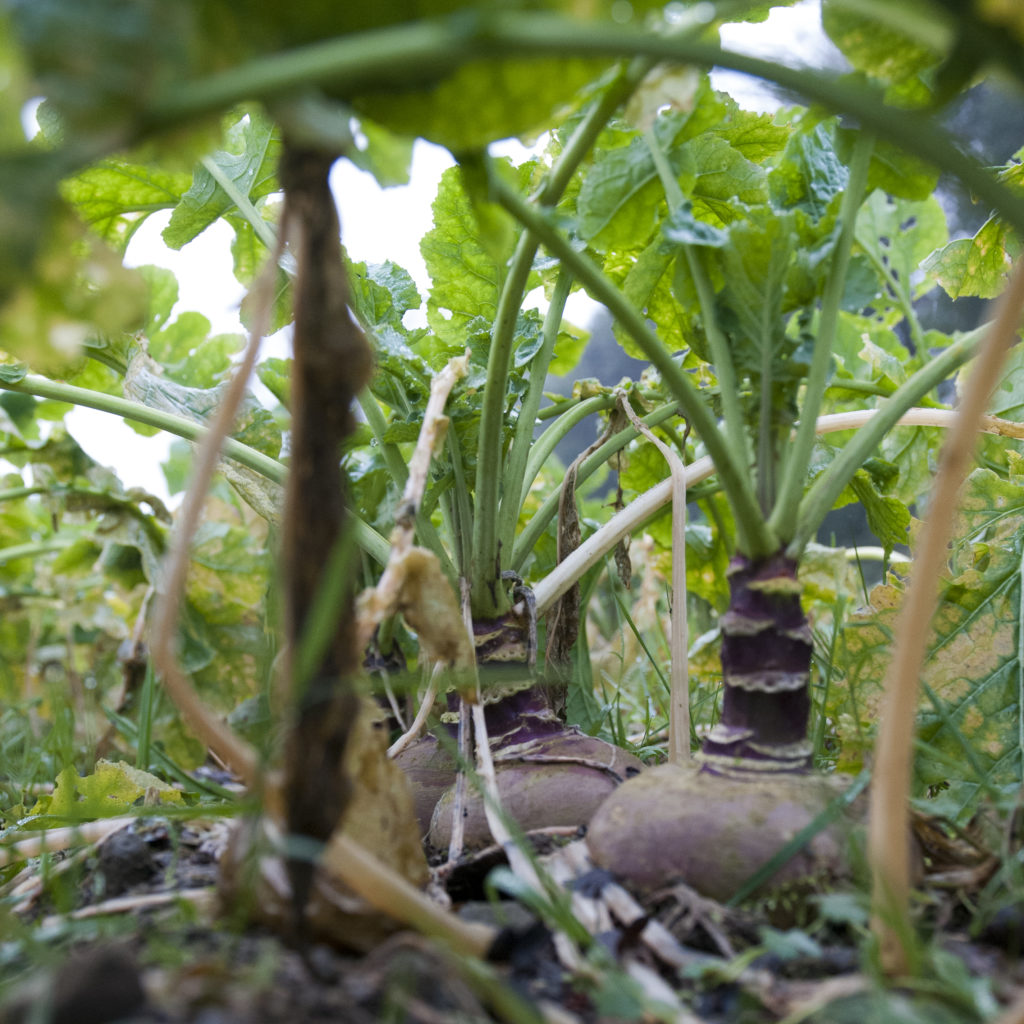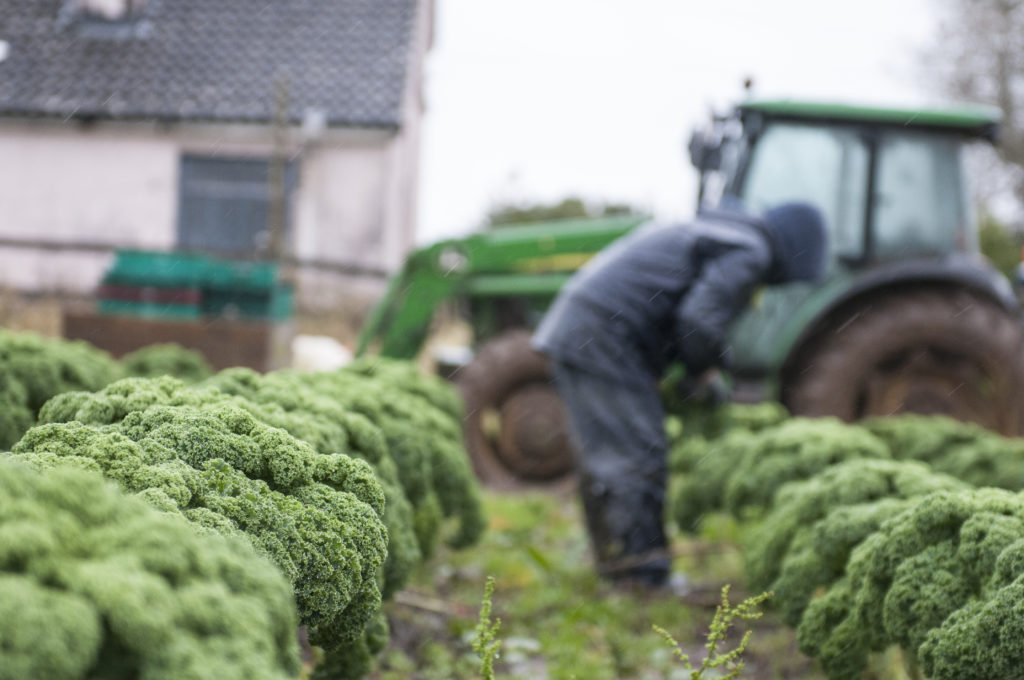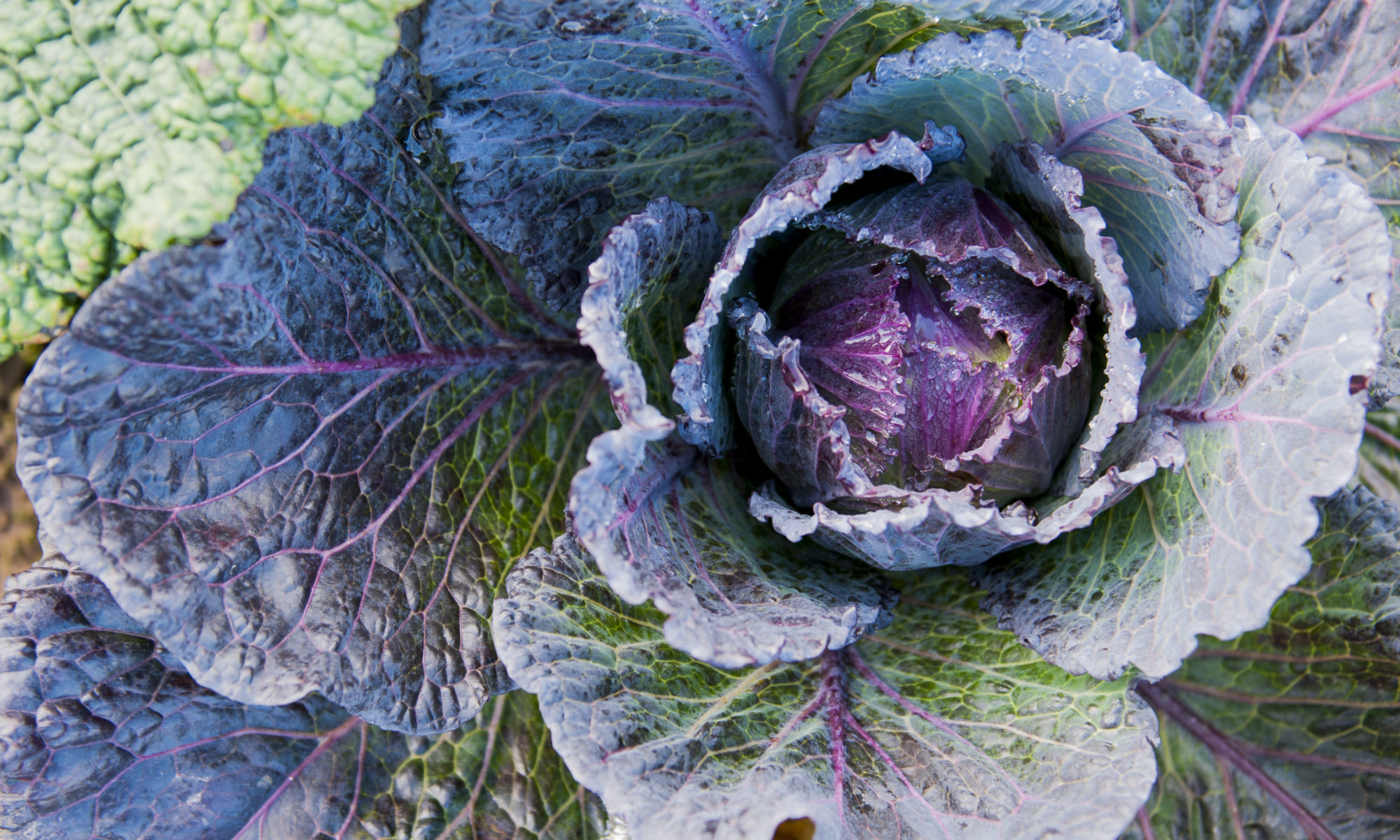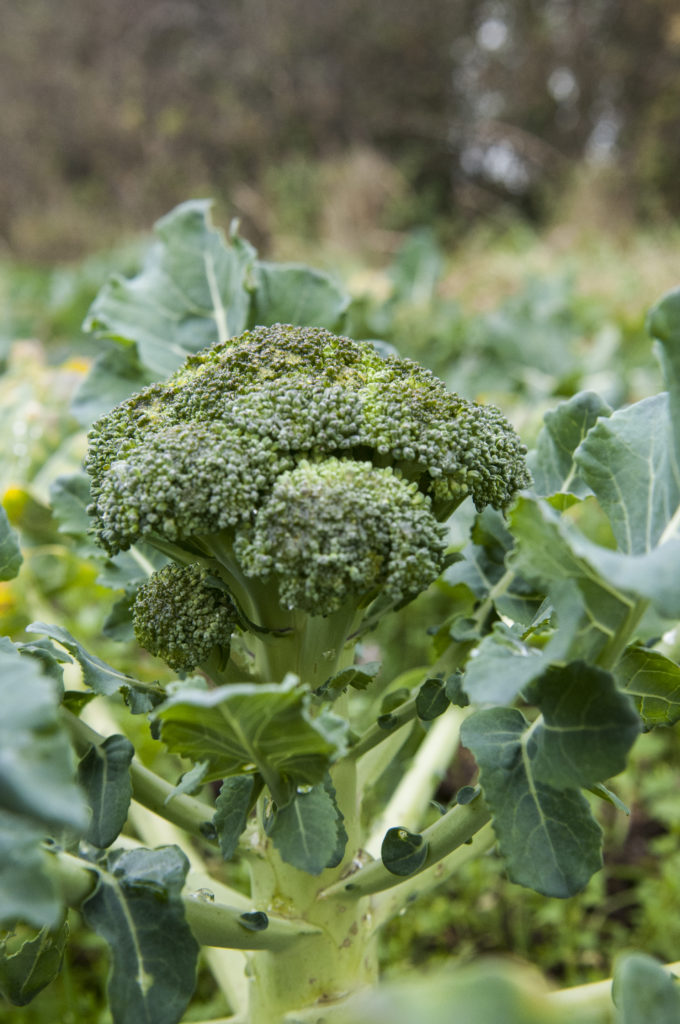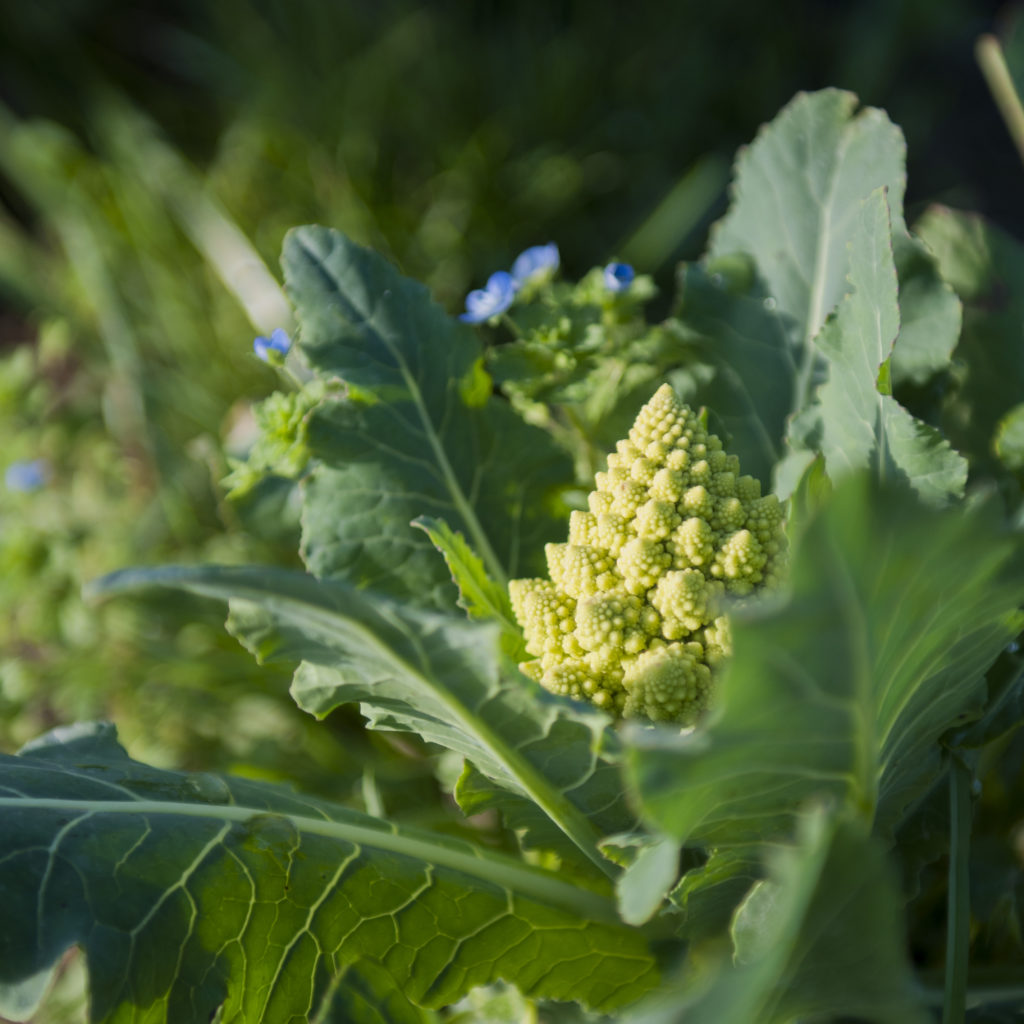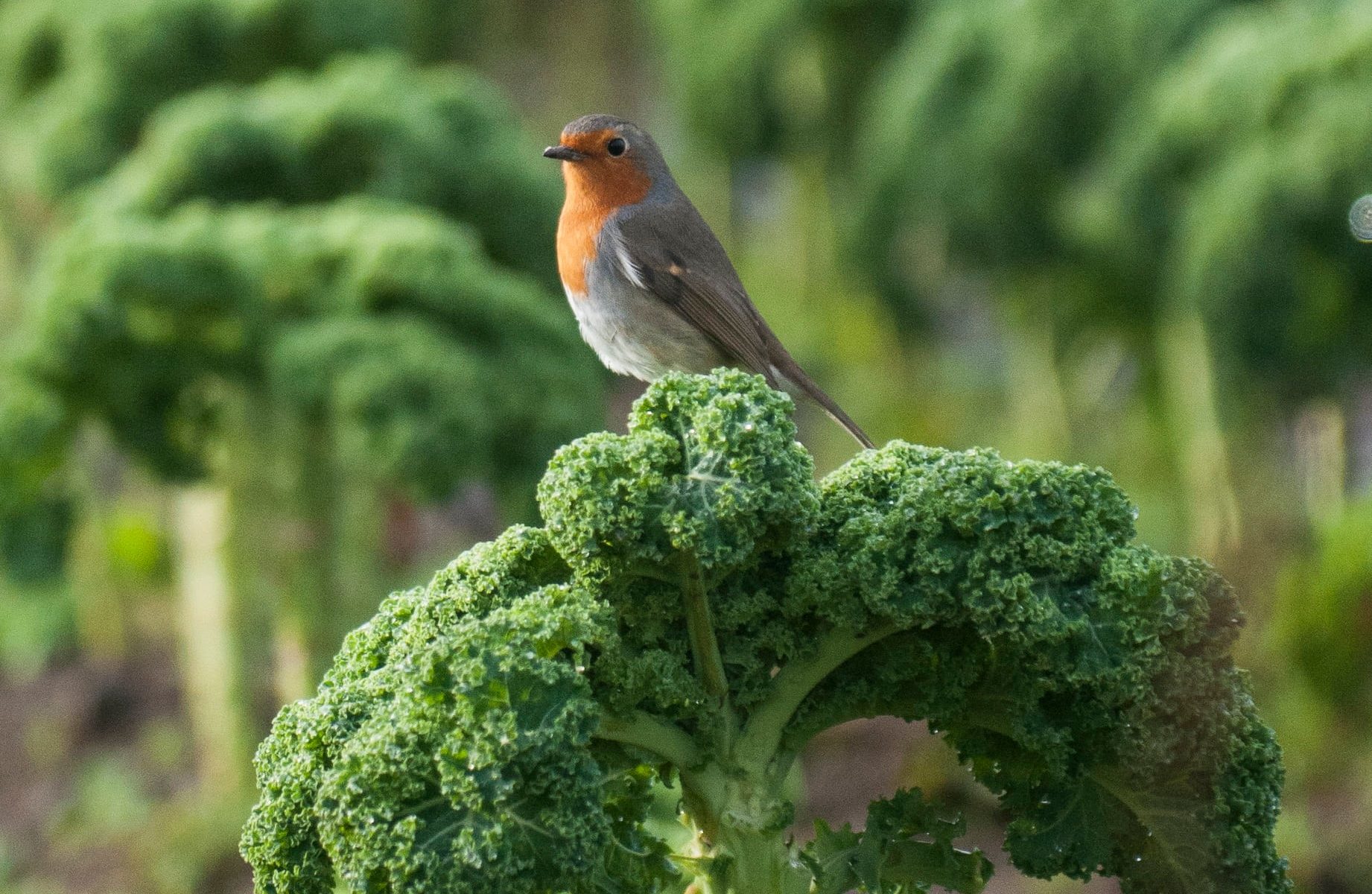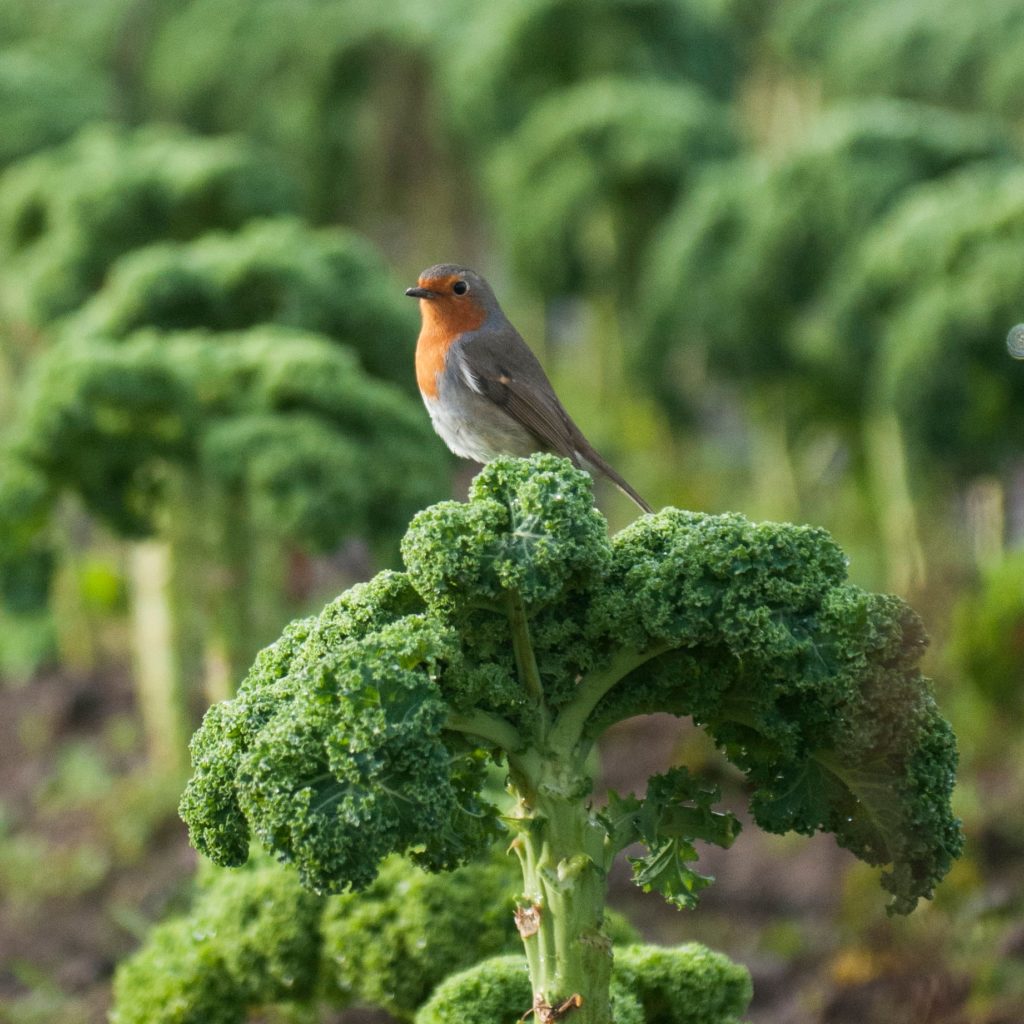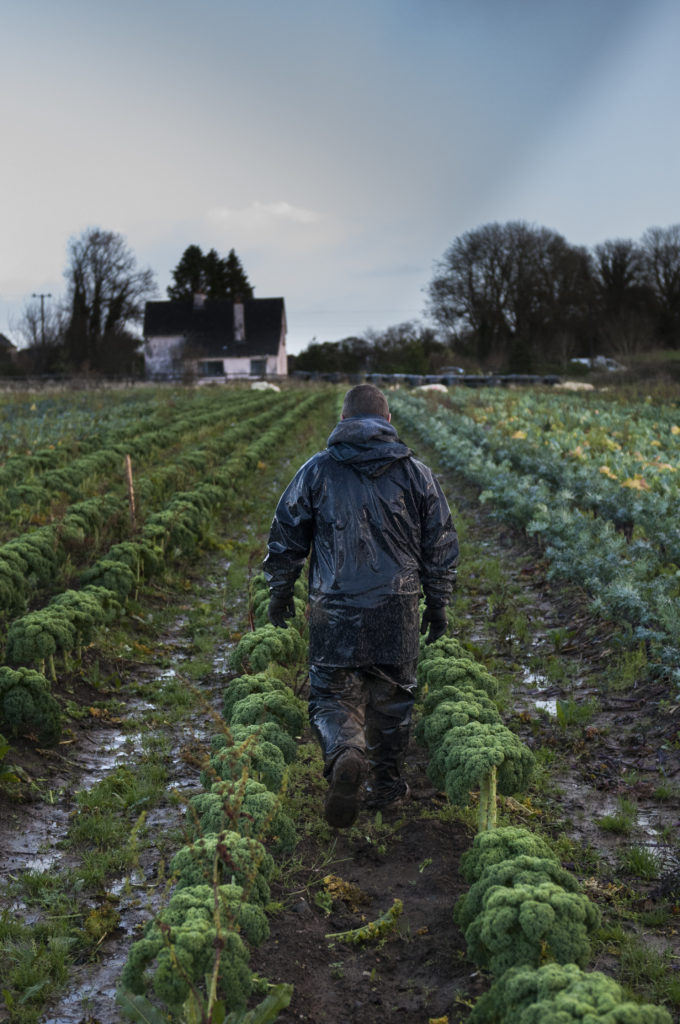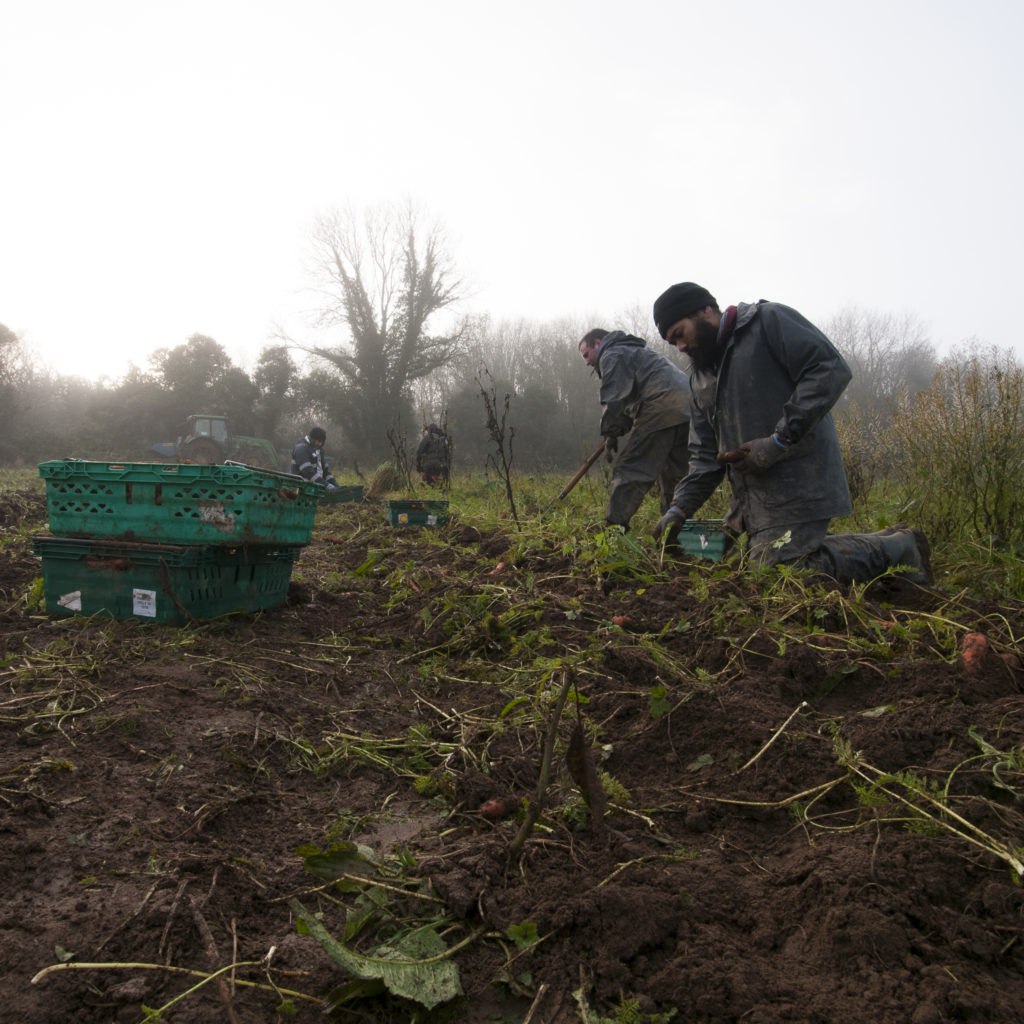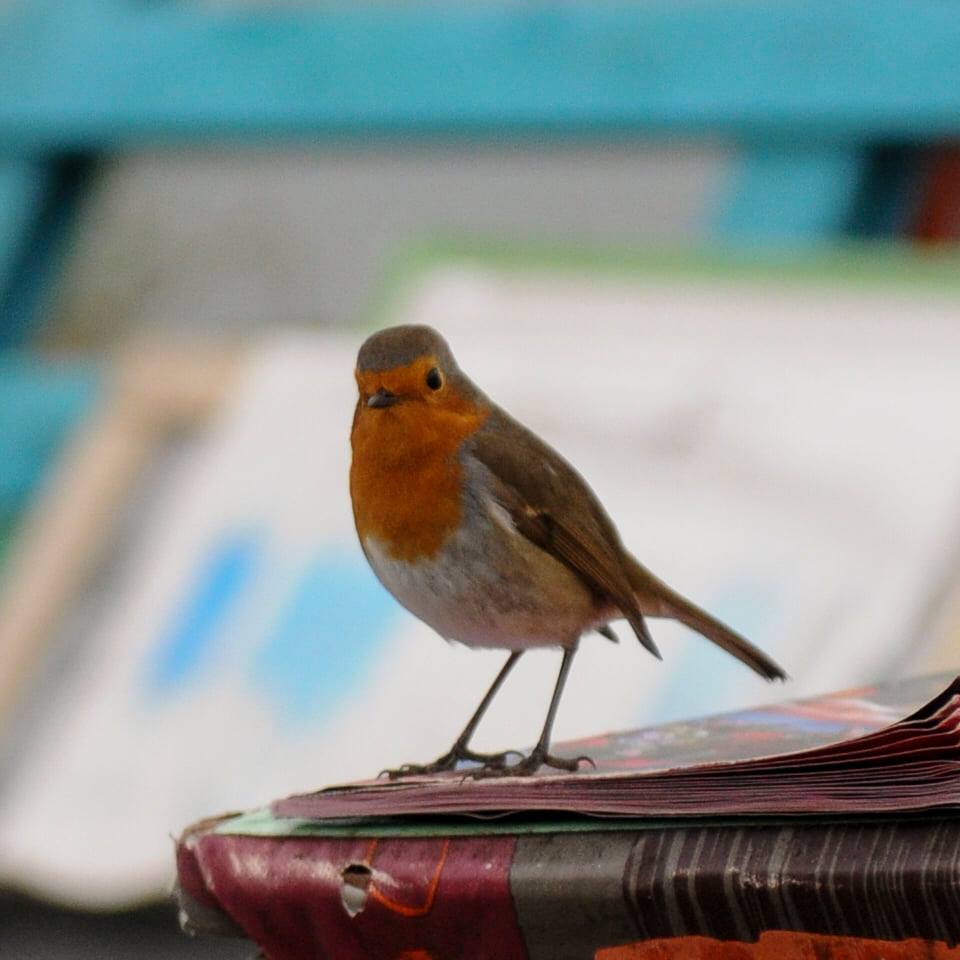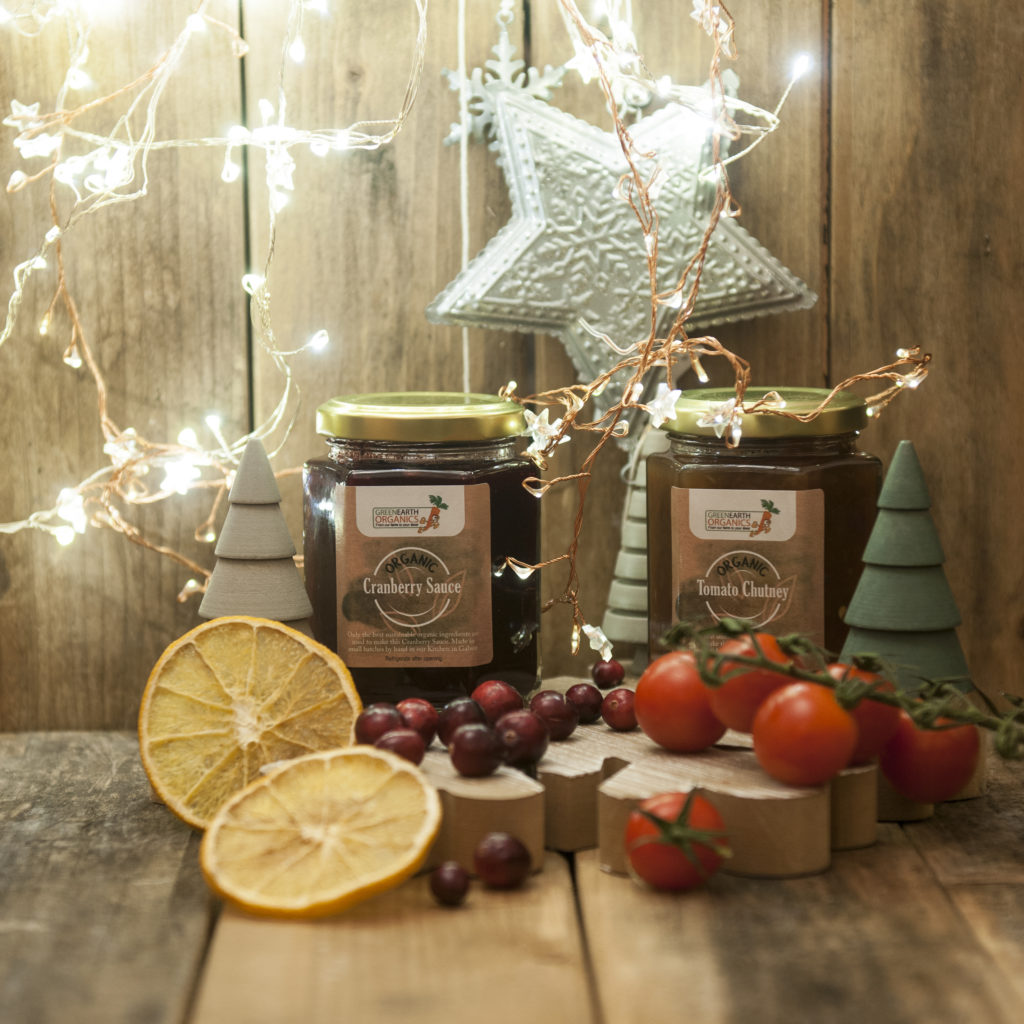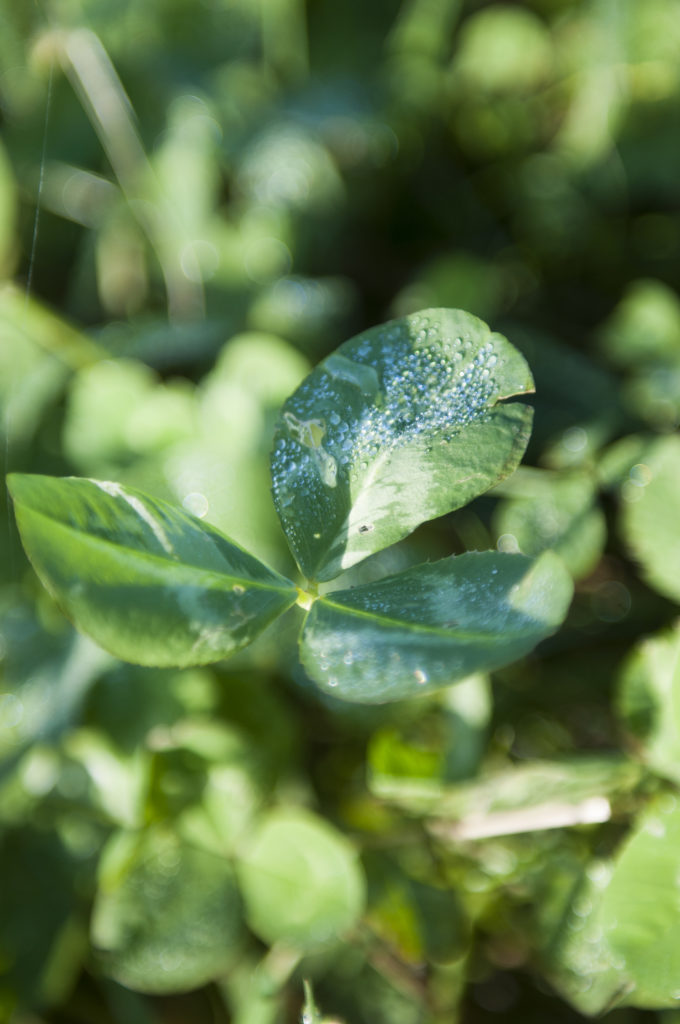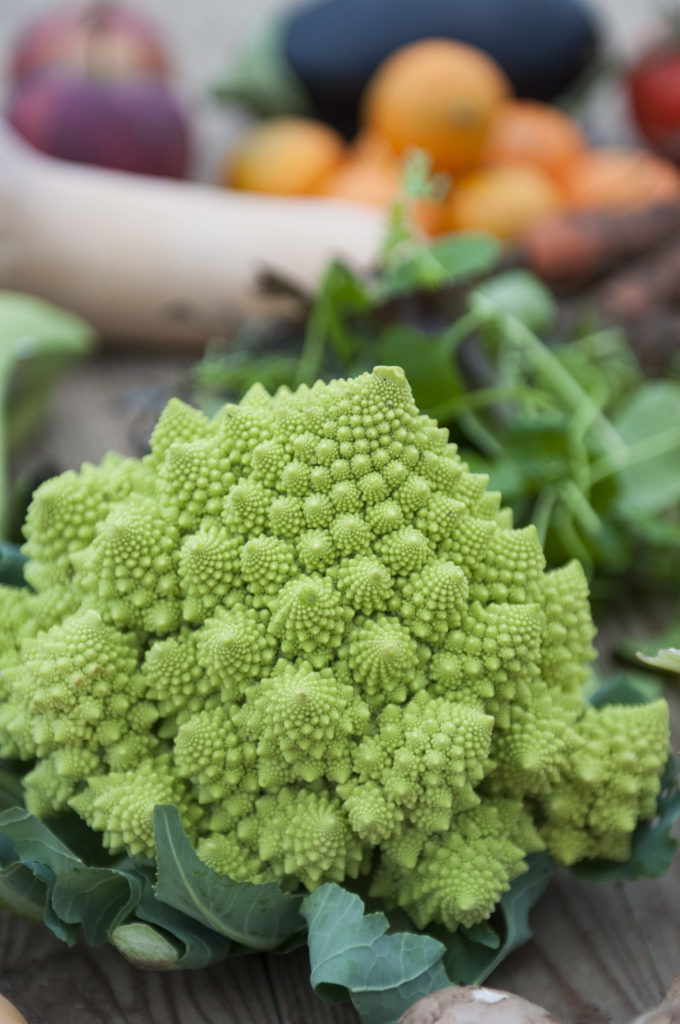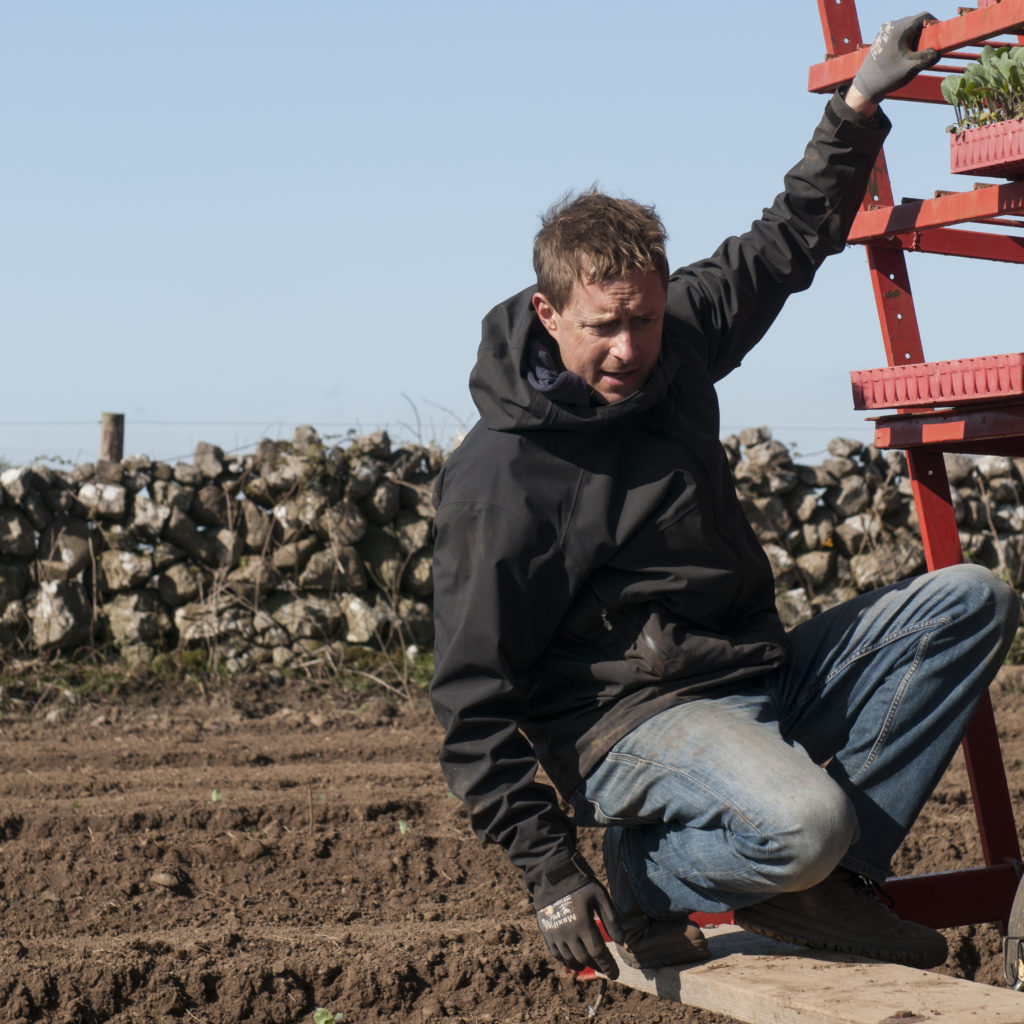
People often ask, why do you produce your own food? Why do you grow it when it is so much cheaper to import it? It is a very easy answer, and the reasons are twofold: I love what I do, it is in my blood (we are third generation farmers) and I would not do anything else.
Secondly because it simply is the right thing to do. Having food grown locally makes sense, it cuts down on carbon emissions, it is fresher, it provides local employment, it improves biodiversity, and we are lucky enough to have the opportunity to do it. We need more people to do it.
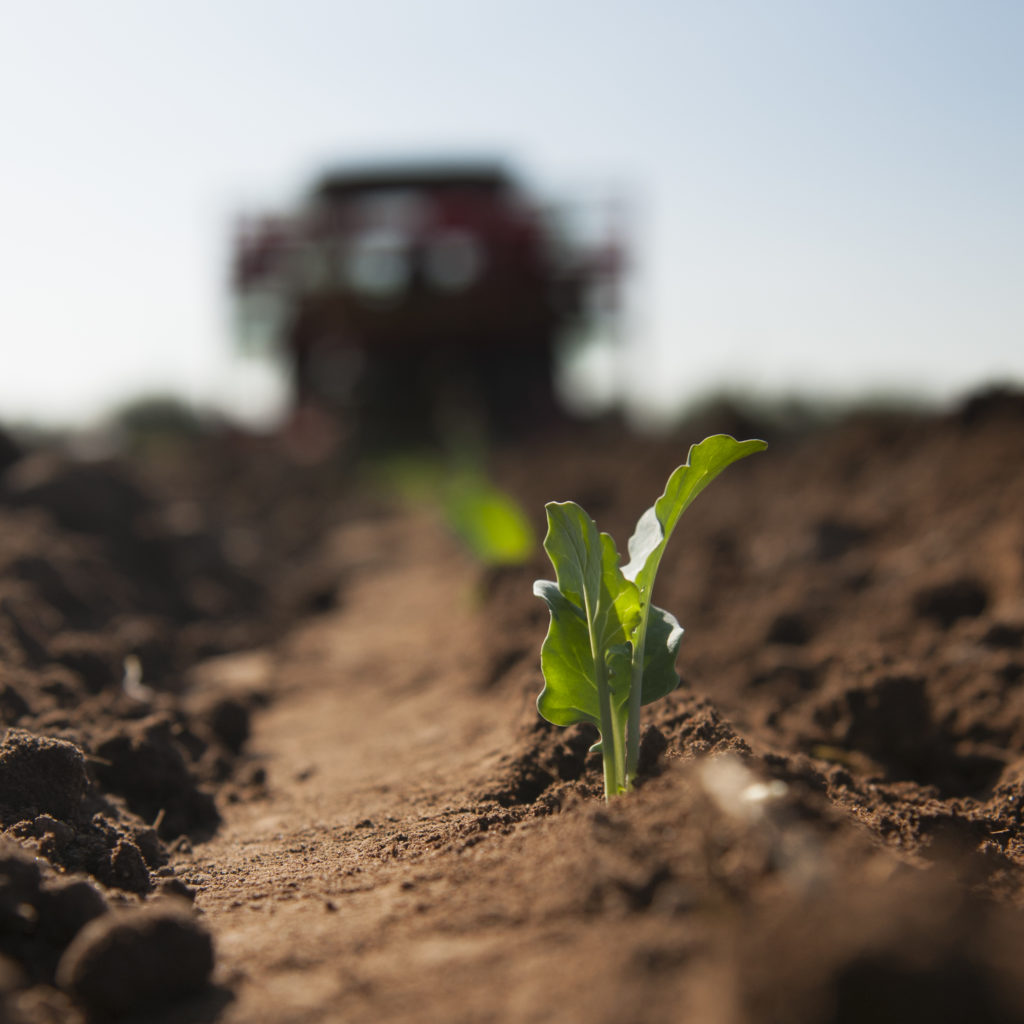
With Earth Week starting today and Earth Day falling on the 22nd, it is a good time to reflect on our habits. We have seen such a shift to supporting local food over the last 12 months and this is one of the most wonderful changes we as individuals and families can make. It’s impact on the planet cannot be overstated, understanding where and how our food is produced can help us make better decisions and lead to a cleaner healthier planet.
Today as I write this, after a day in the fields, I feel lucky to be a farmer. Days do not come much better than this, the sky is blue, the sun is shining the birds are singing and we are on schedule with our planting. In the West of Ireland days like today are to be relished and enjoyed, and there is the added bonus that our office is a 5-acre field, I like that.
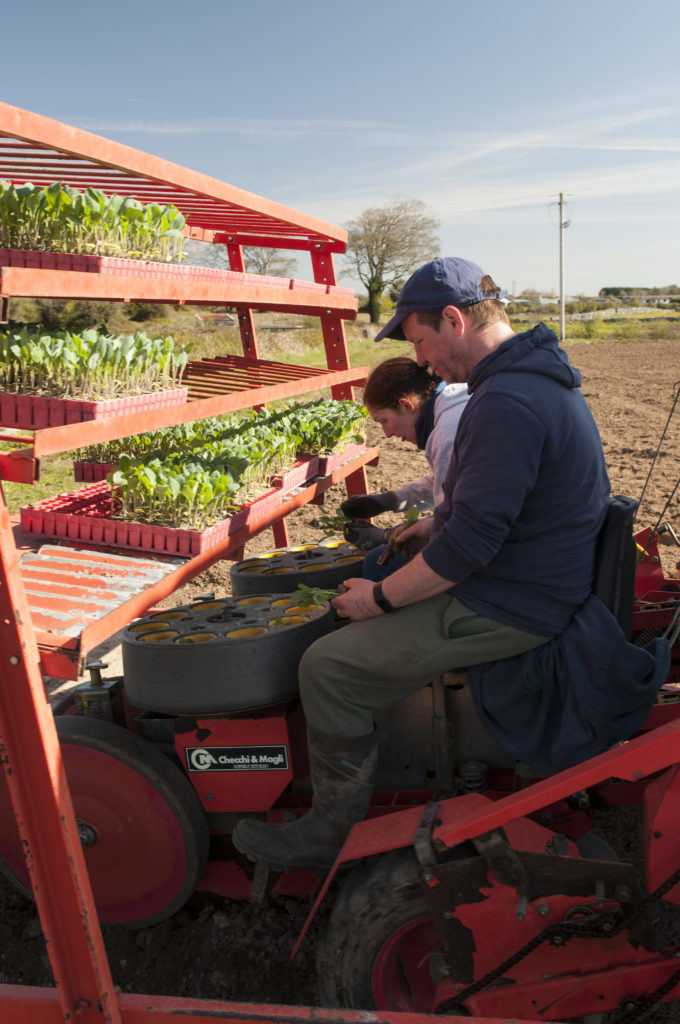
If there was one small thorn in my side, it is the planting machine. It is temperamental old and cranky and every year there is a requirement to find mutual common ground between (sometimes also cranky) farmer and machine, this year that ground has been hard to find and has led to a few choice expletives.
Nevertheless, if farming has thought me anything and it teaches a lot, is that perseverance with an air of optimism generally gets you through.
It is funny to think that just this week we finished harvesting the last of our kale which was planted nine months ago and today we planted the very first kale for the new year. This kale will take at least 8 weeks to reach harvestable maturity. We have also been very busy planting cabbage, Romanesco, broccoli, lettuce, and celery.
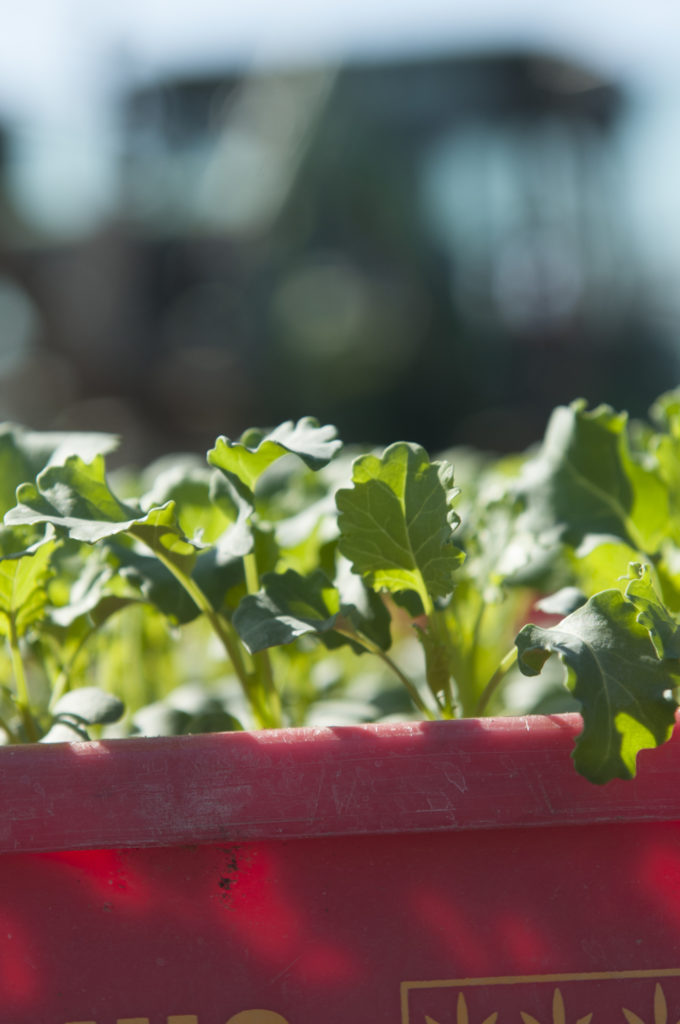
Myself being the impatient individual that I am can sometimes expect that we should have more IRISH food at this time of the year especially when the sun shines. But nature and farming do not work like that, and right now we are slap bang in the middle of what we call the “Hungry Gap”. There is a lull in IRISH food supply, of course that does not mean it is not available, it is, and we have loads, leeks, mushrooms, potatoes, spinach, salad, radish, and parsnips. But for the next few weeks it gets difficult.
Every year we get a little bit earlier and a little bit smarter with our planting and this year is the earliest yet, but even so, there are weeks starting now when supply is tight. Take tomatoes for example, we have our plants ready for transplanting, but harvest is at least 8 weeks away.
Right now, on our 40-acre organic farm there is a tremendous amount of work going on behind the scenes. For the last 2 months we have been busy ploughing, tilling, fertilising, planting, covering, uncovering, watering and sowing. All of this to lead to a rich harvest of local organic food in the weeks ahead, but it takes time, and it does not matter how impatient I am, nature cannot be sped up, it travels at its own pace.
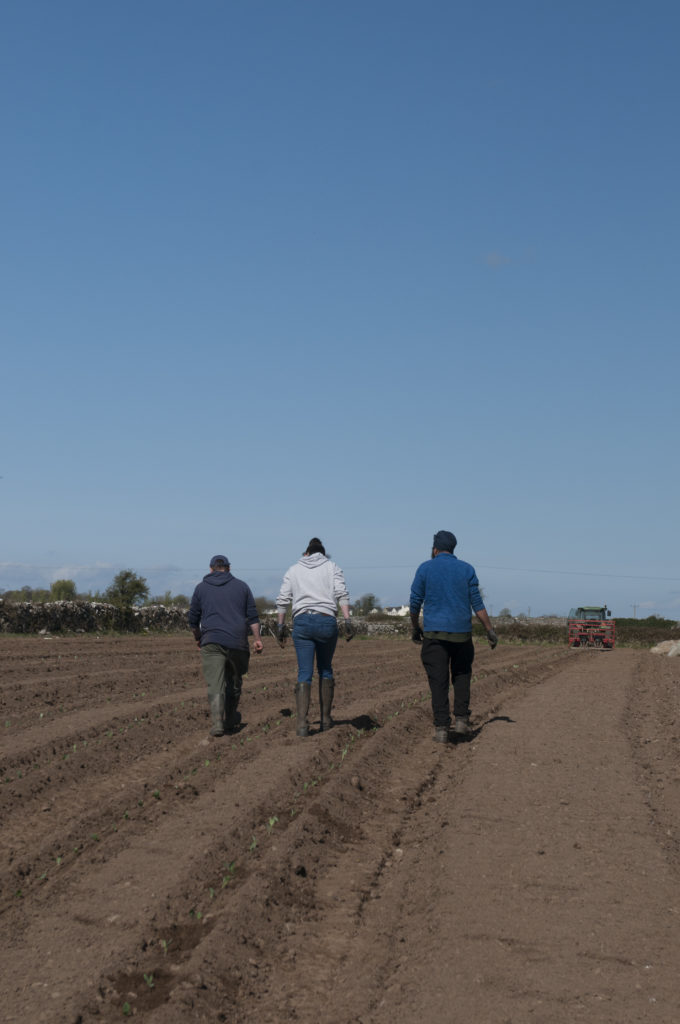
So, although we are heading into the hungry gap now, be reassured that you are supporting a truly local food growing effort both here on our farm and through all the other amazing IRISH organic farms and producers across the country that we support. Remember in the famous words of Margaret Meade “Never doubt that a small group of thoughtful, committed citizens can change the world; indeed, it’s the only thing that ever has.”
As always, thank you for your patience and perseverance!
Kenneth
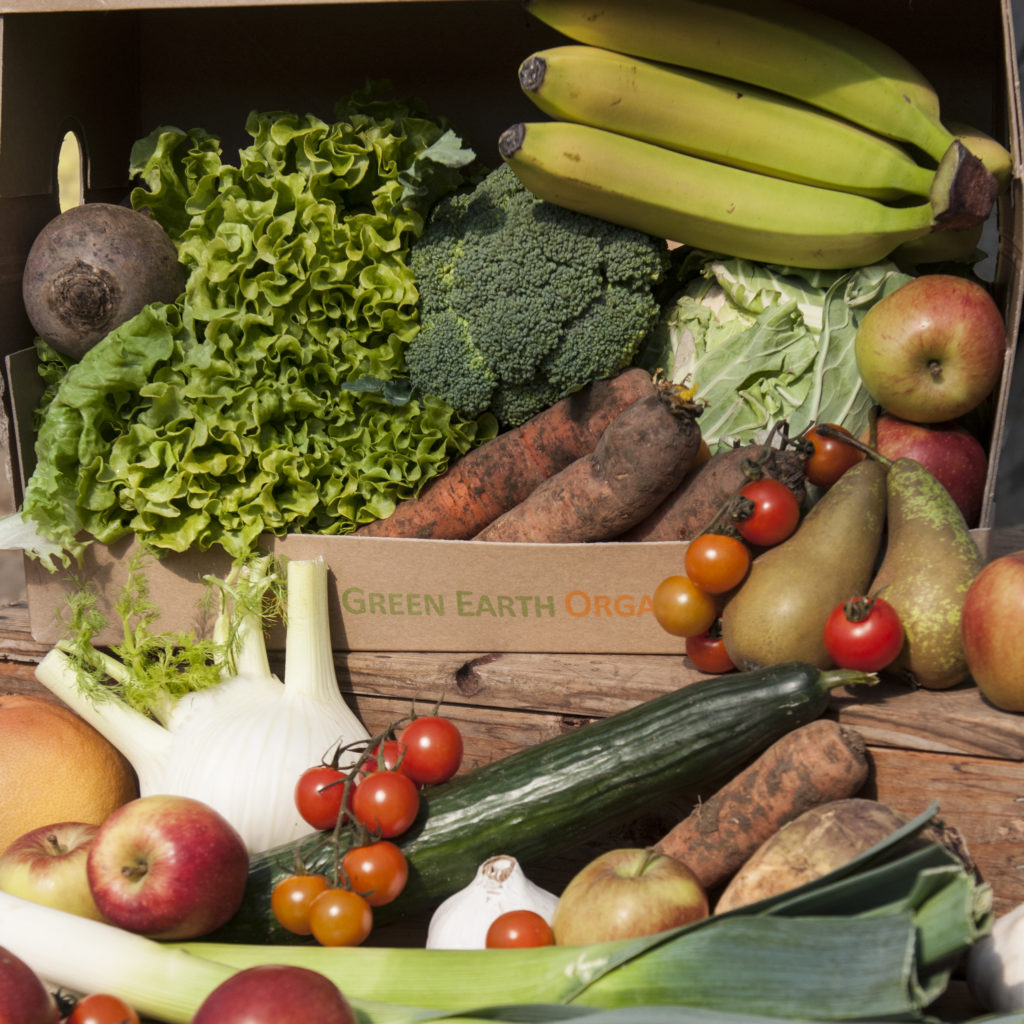
PS Don’t forget to do a little something for Earth Week, whether it is supporting more local food producers, or learning more about how your food is produced, driving less, turning off lights or eating less meat, what can you do? Just raising our awareness is a powerful tool in the fight for our planet.

